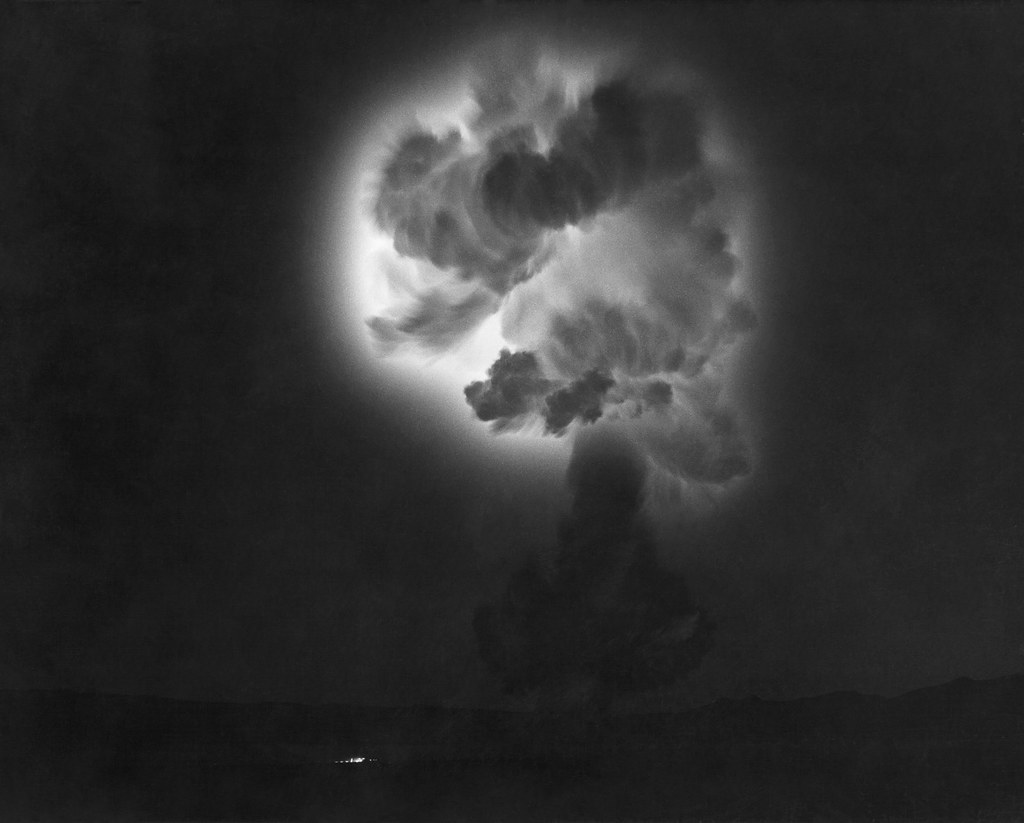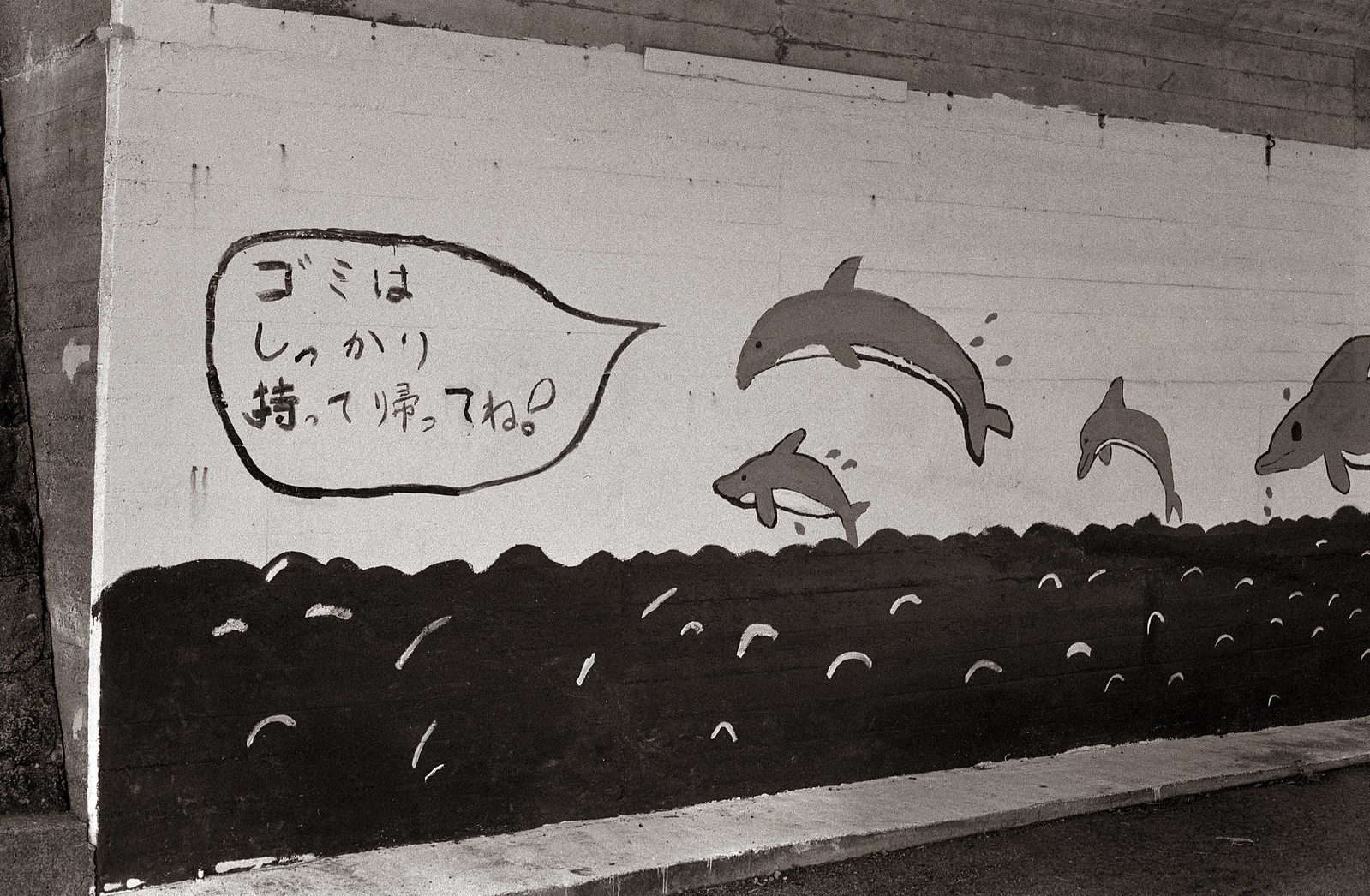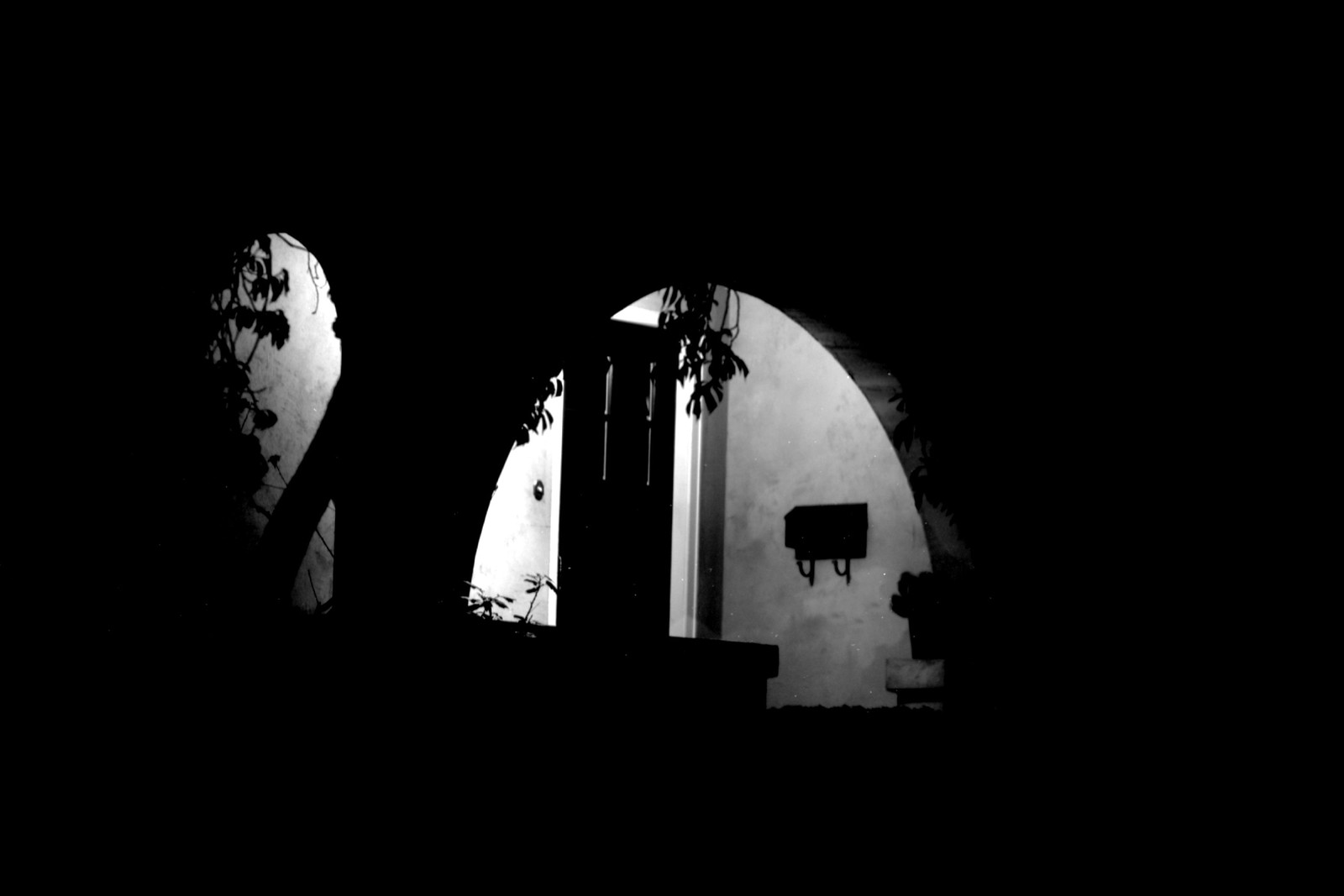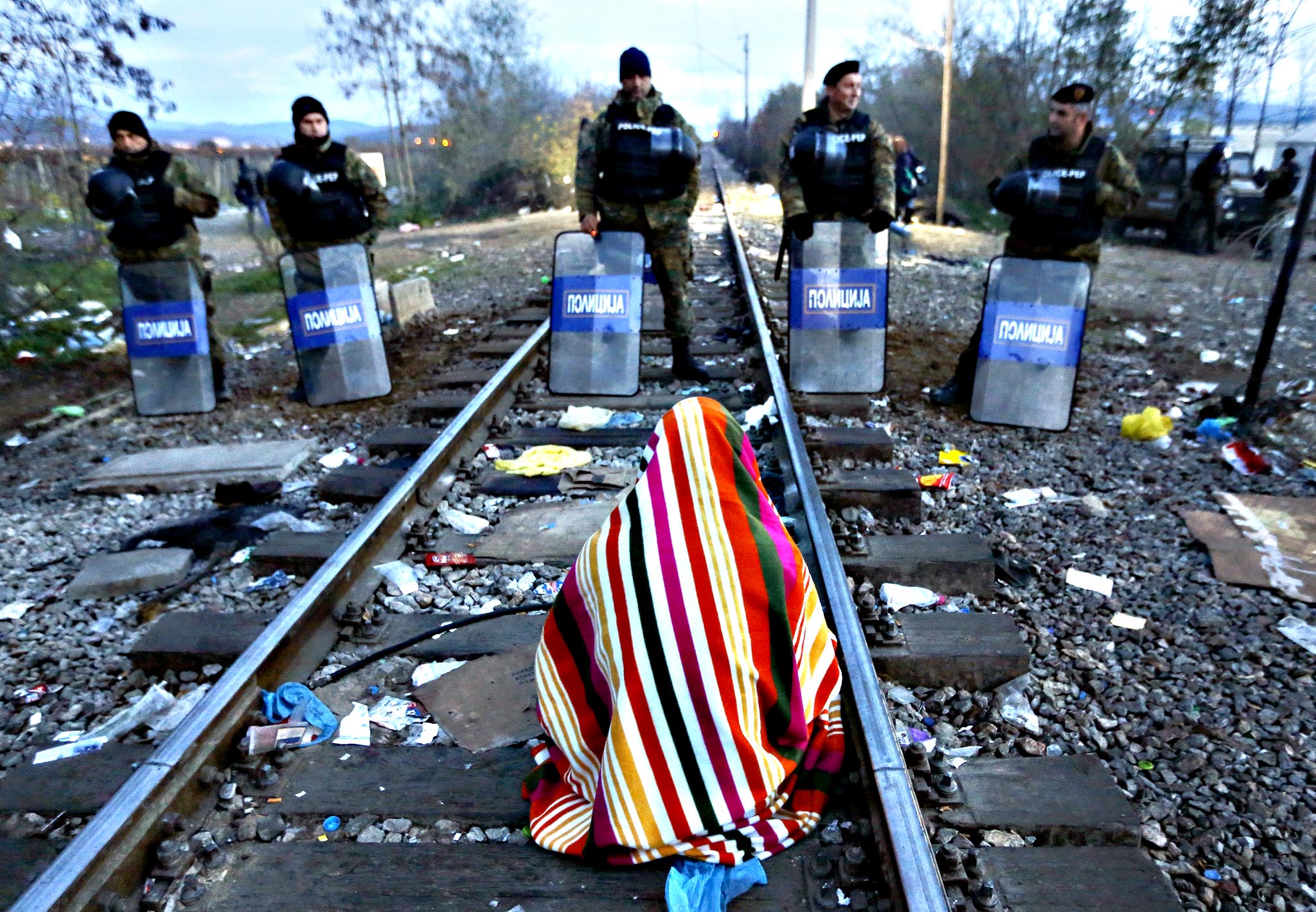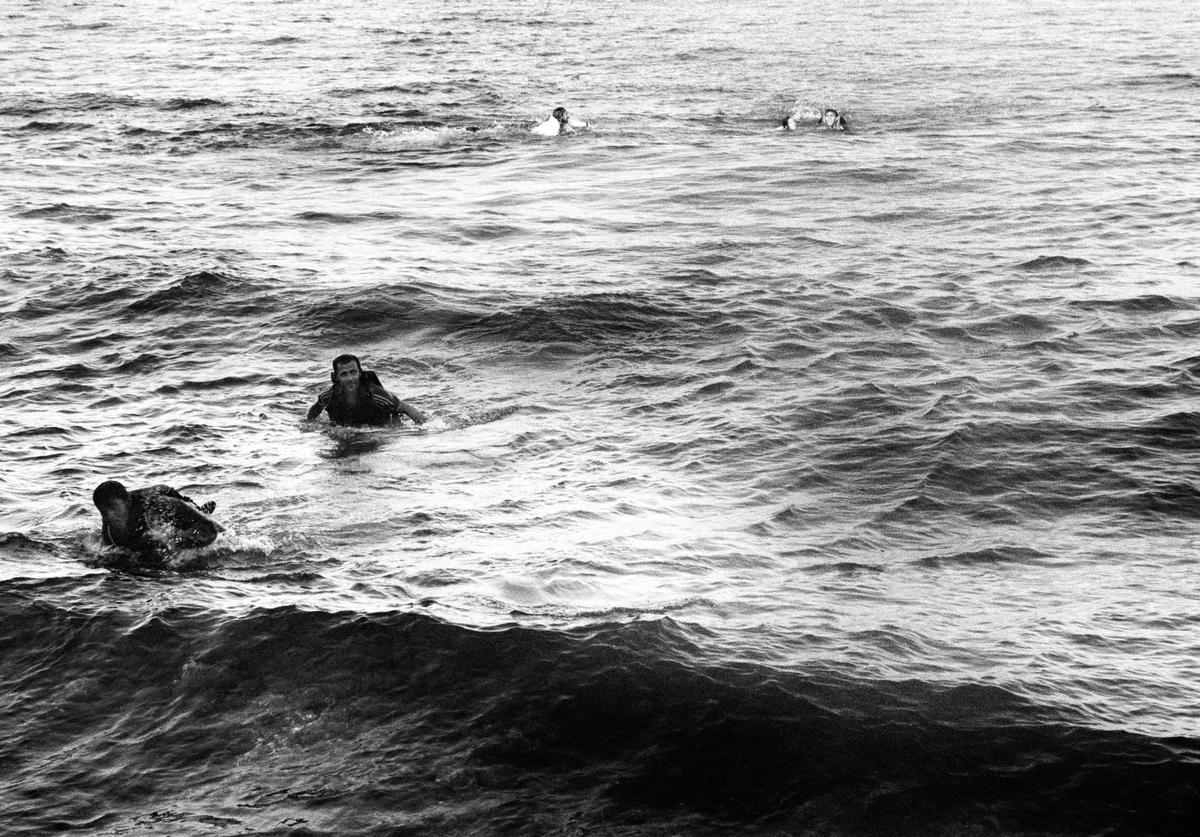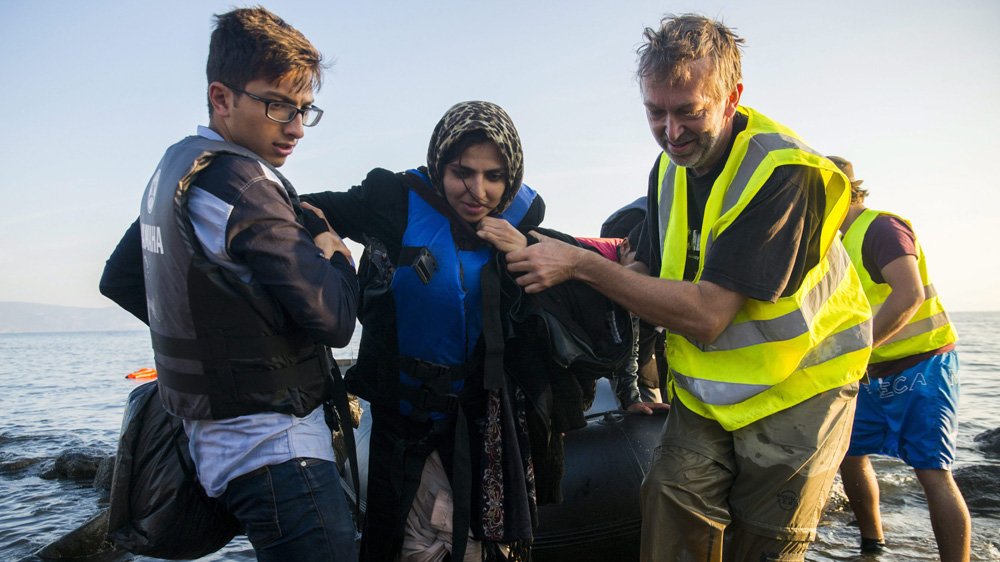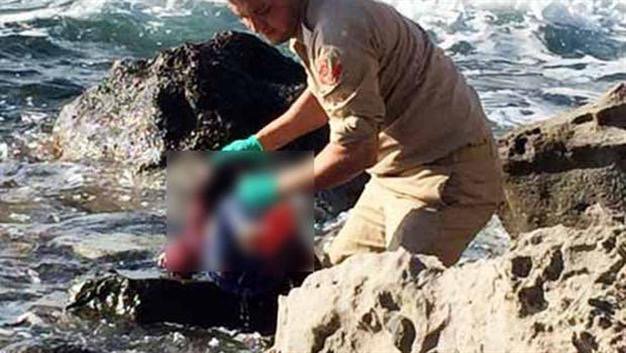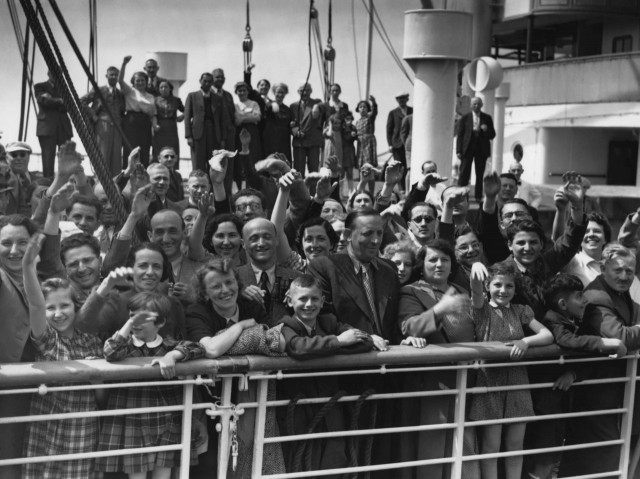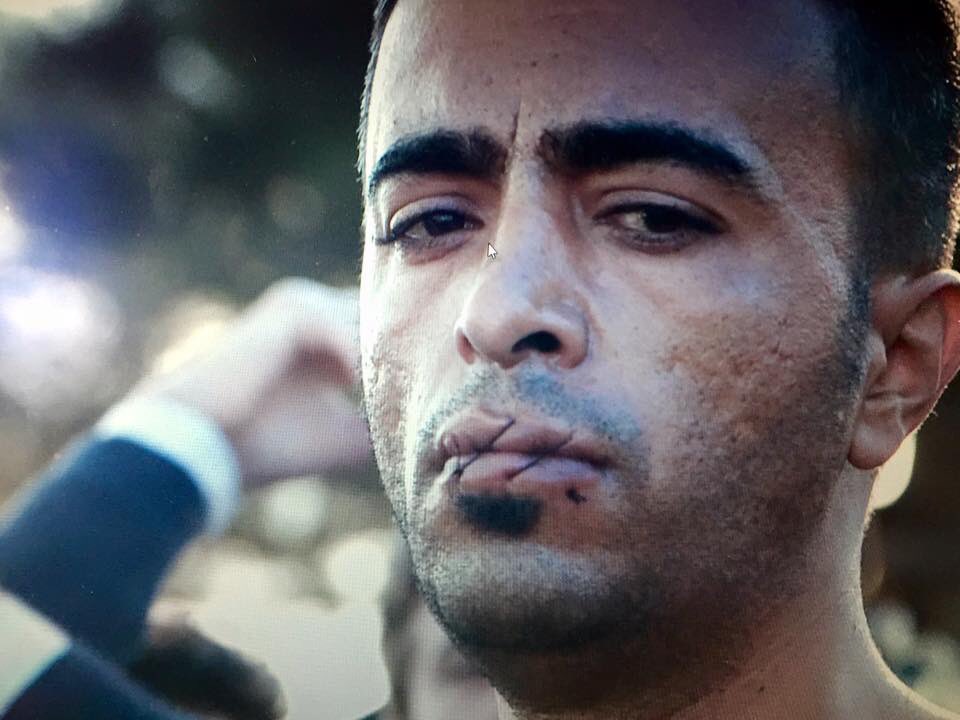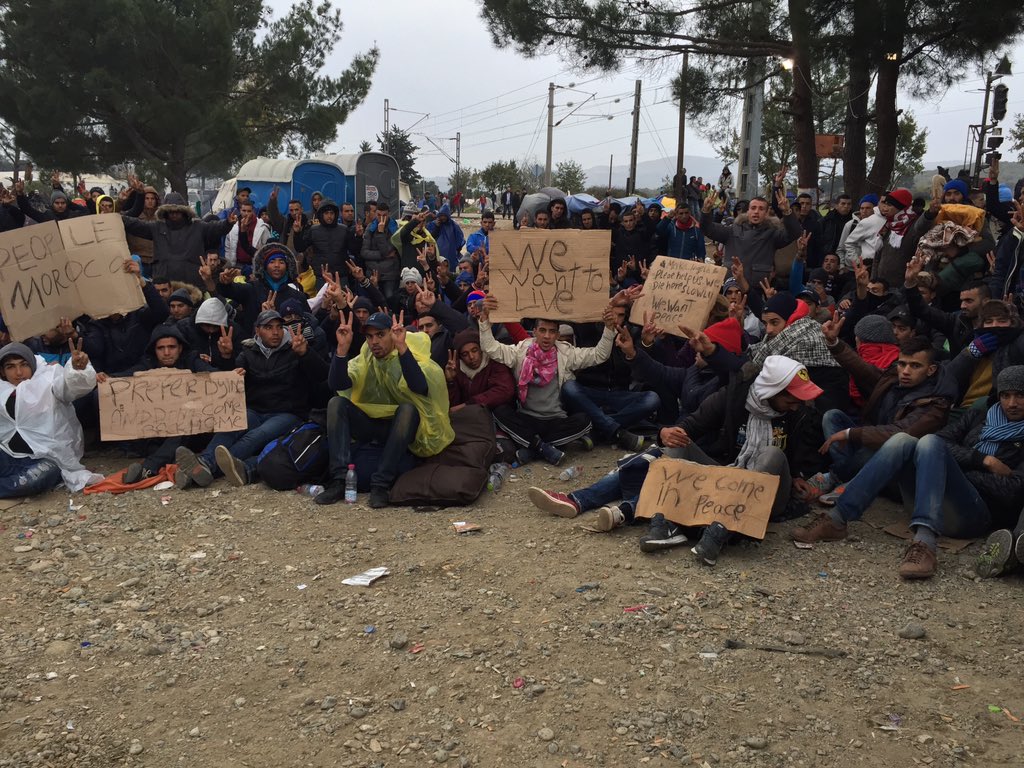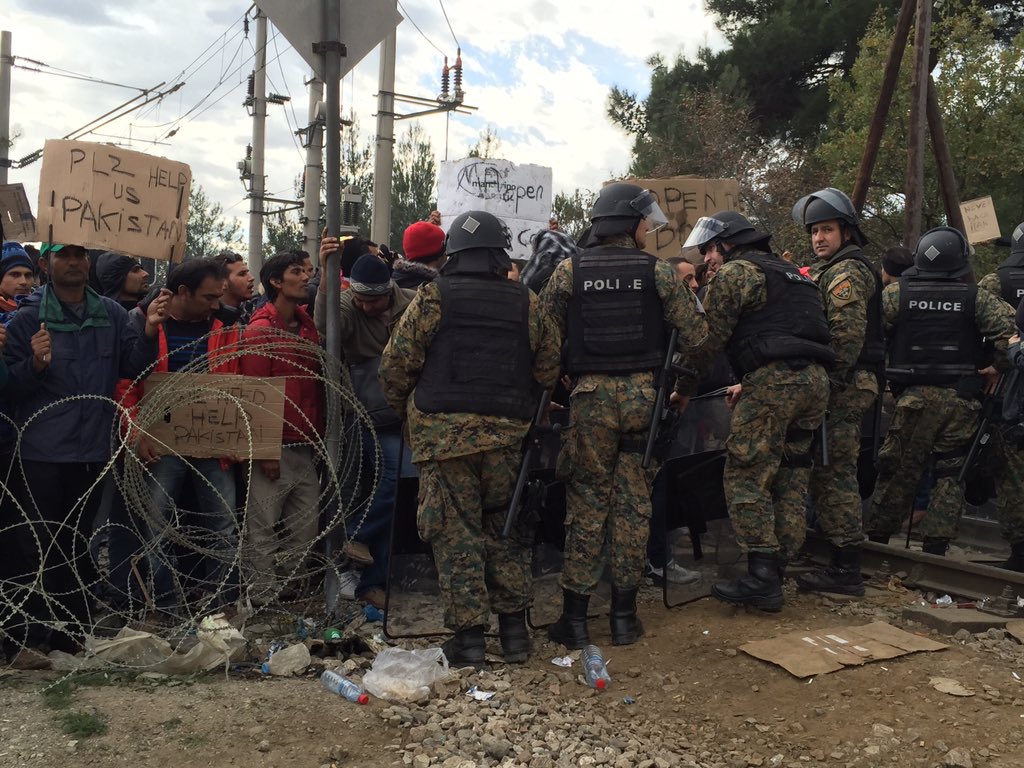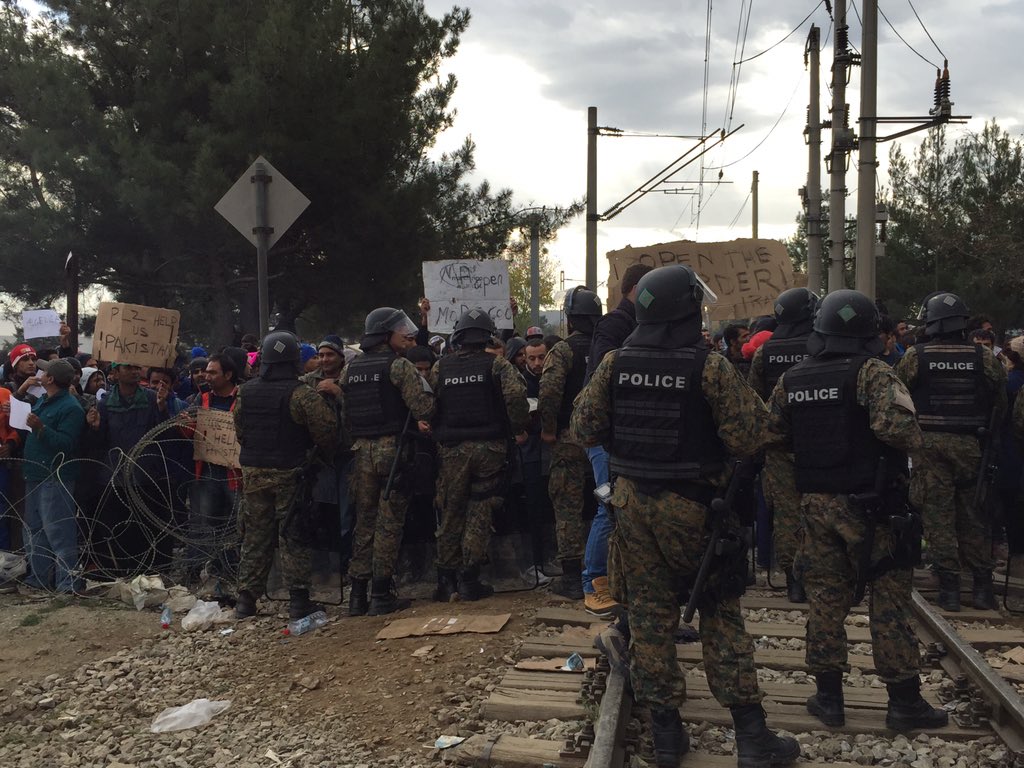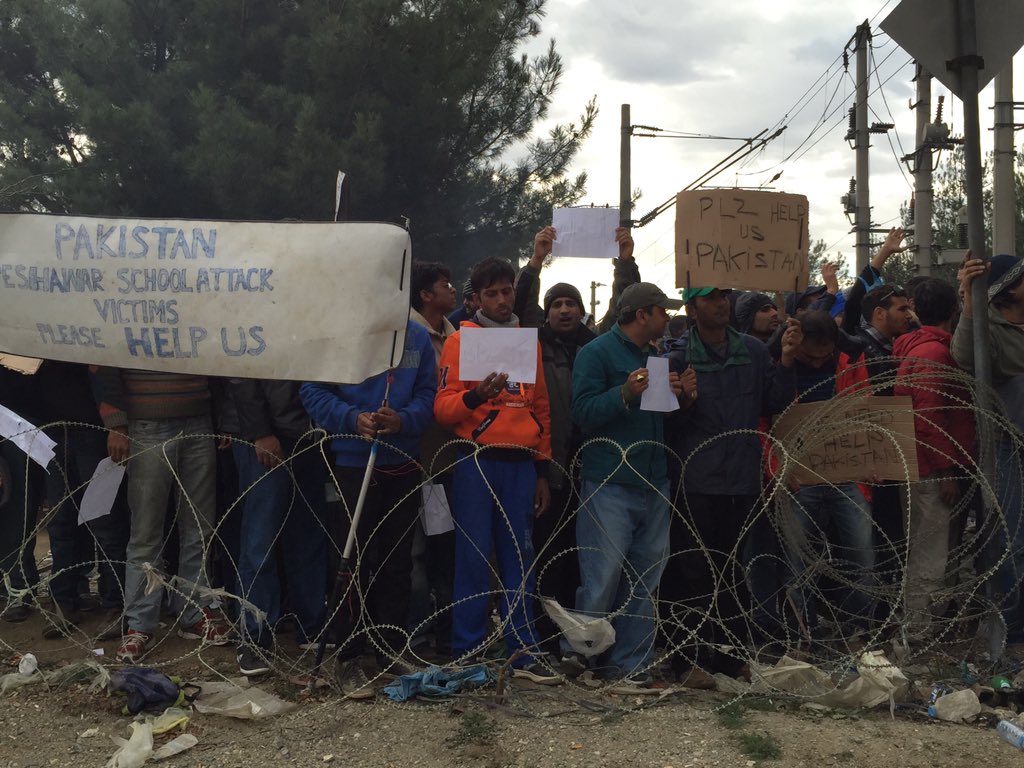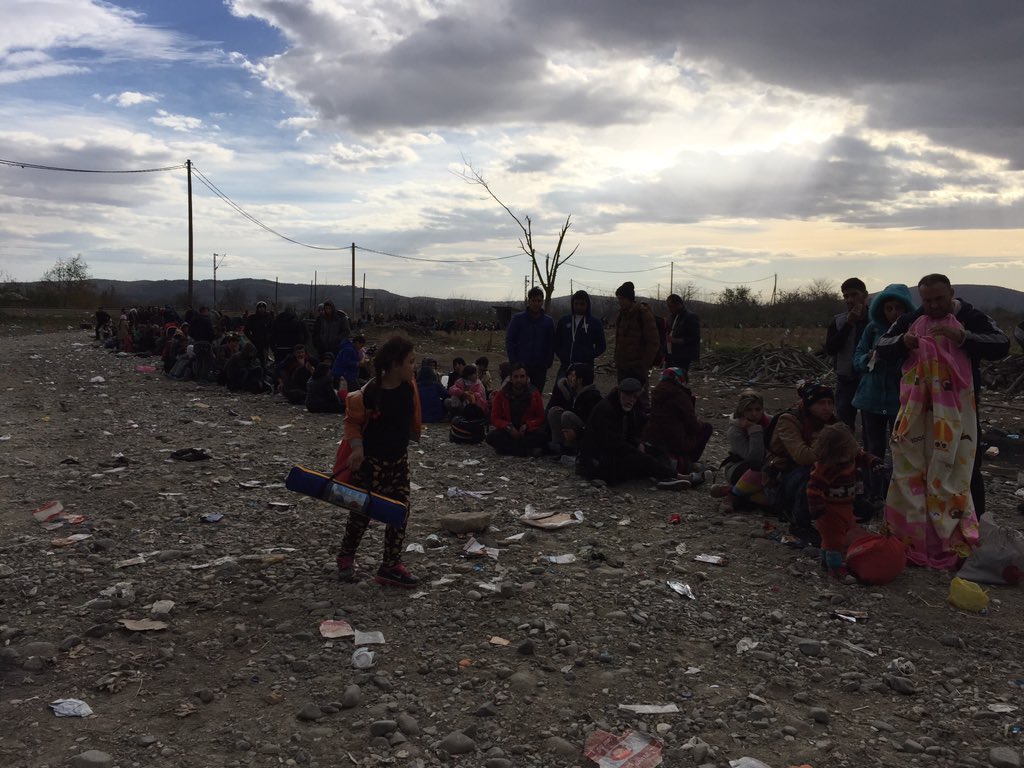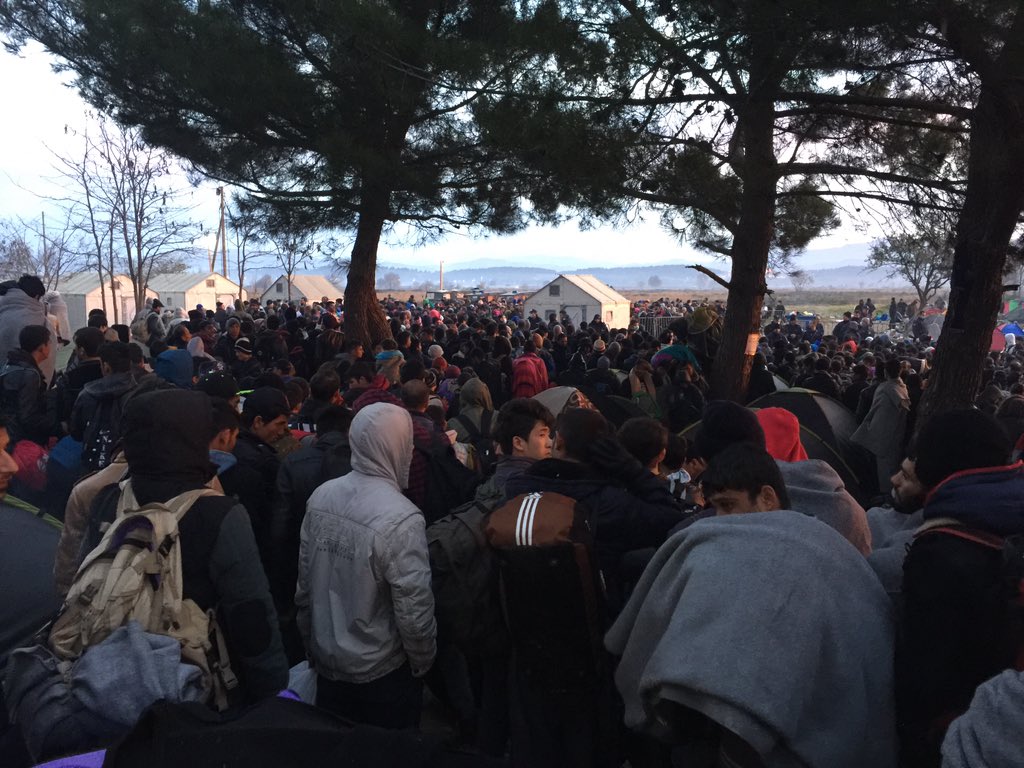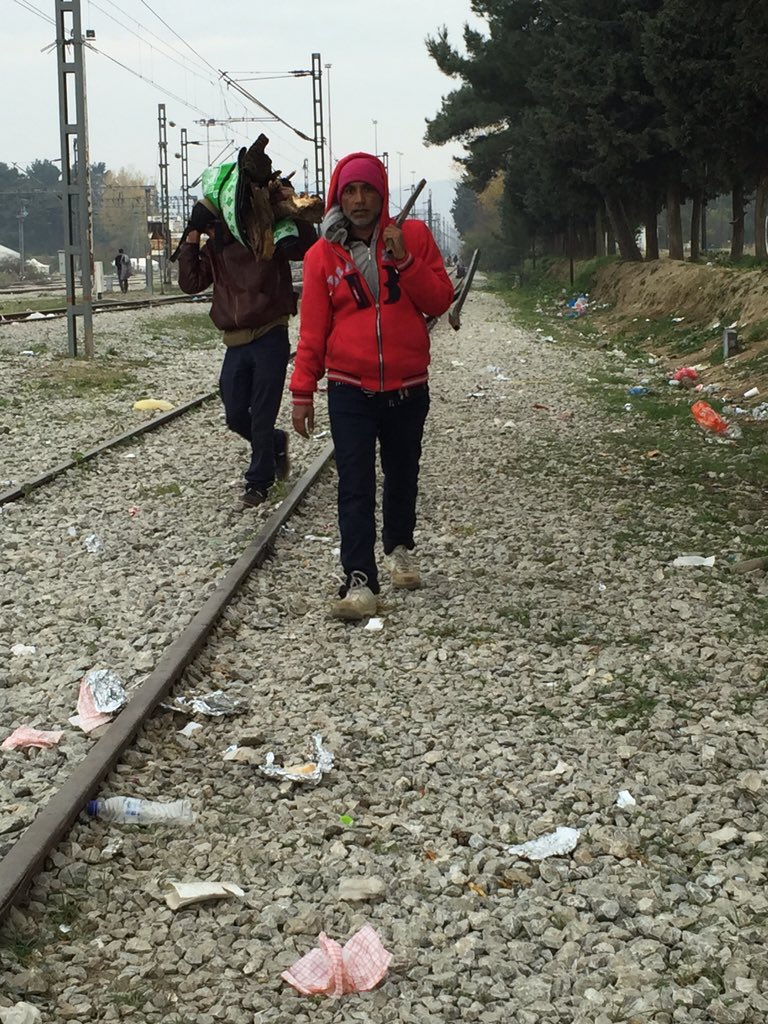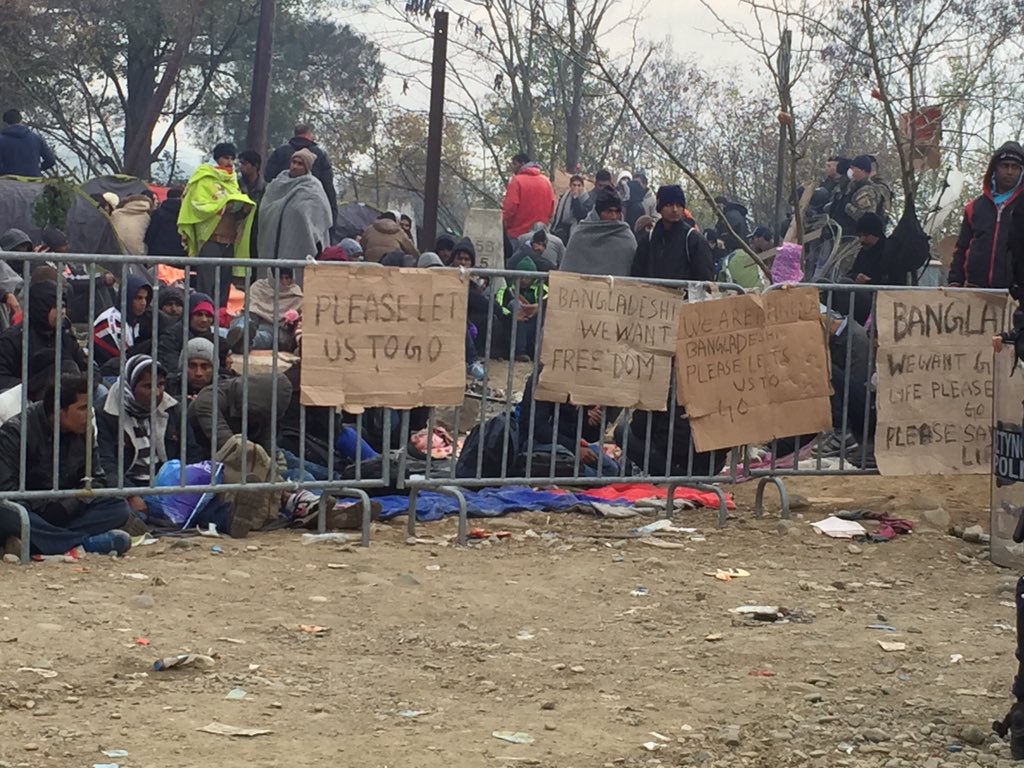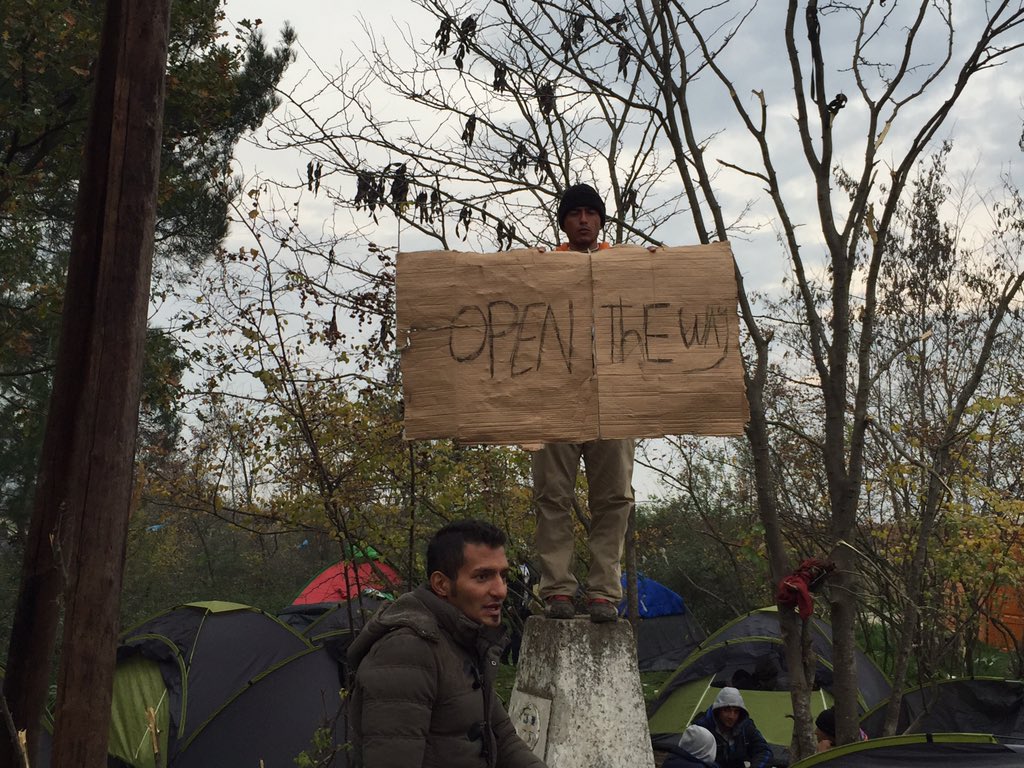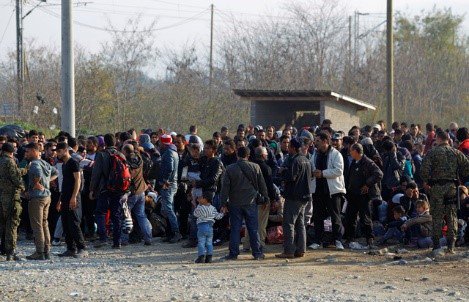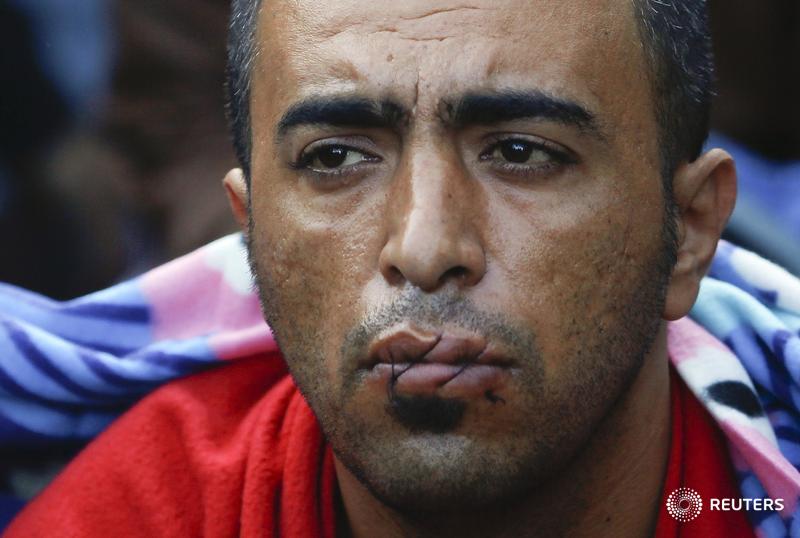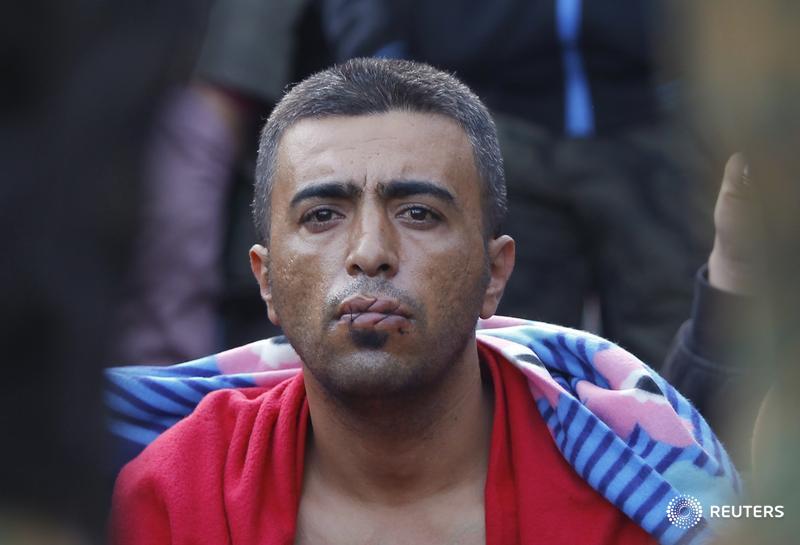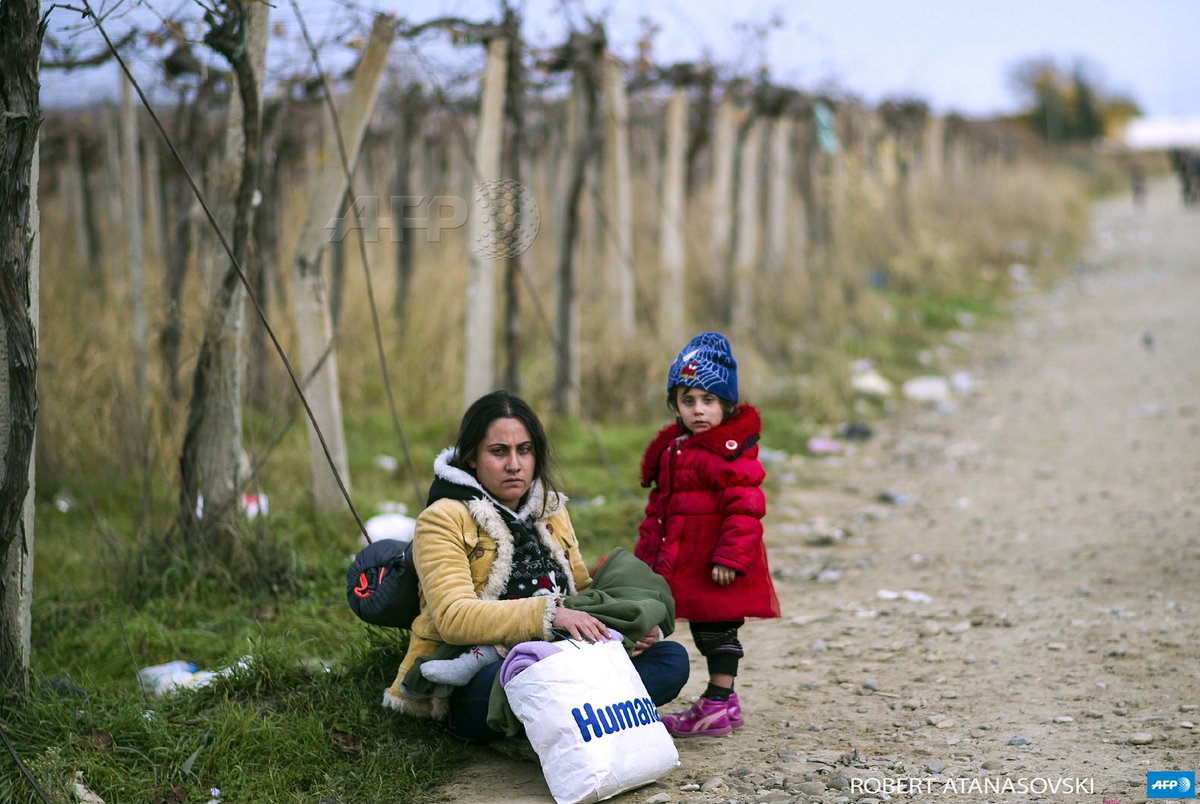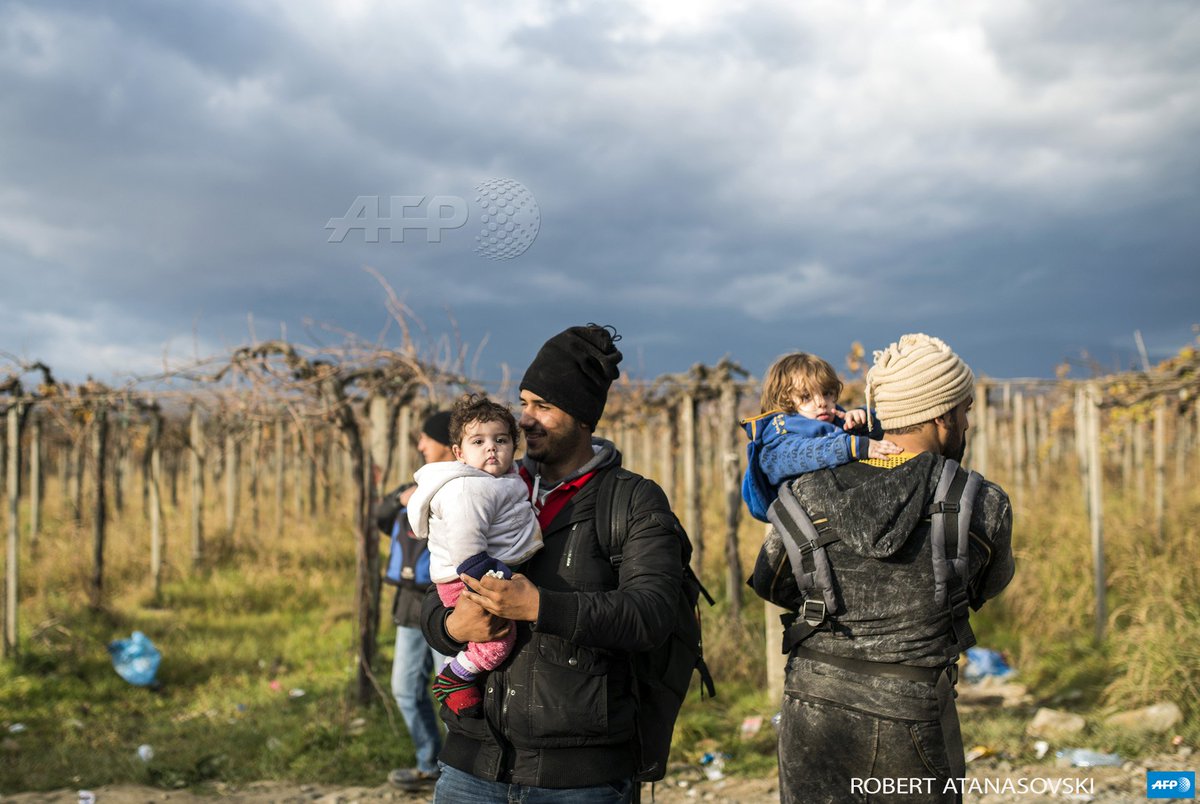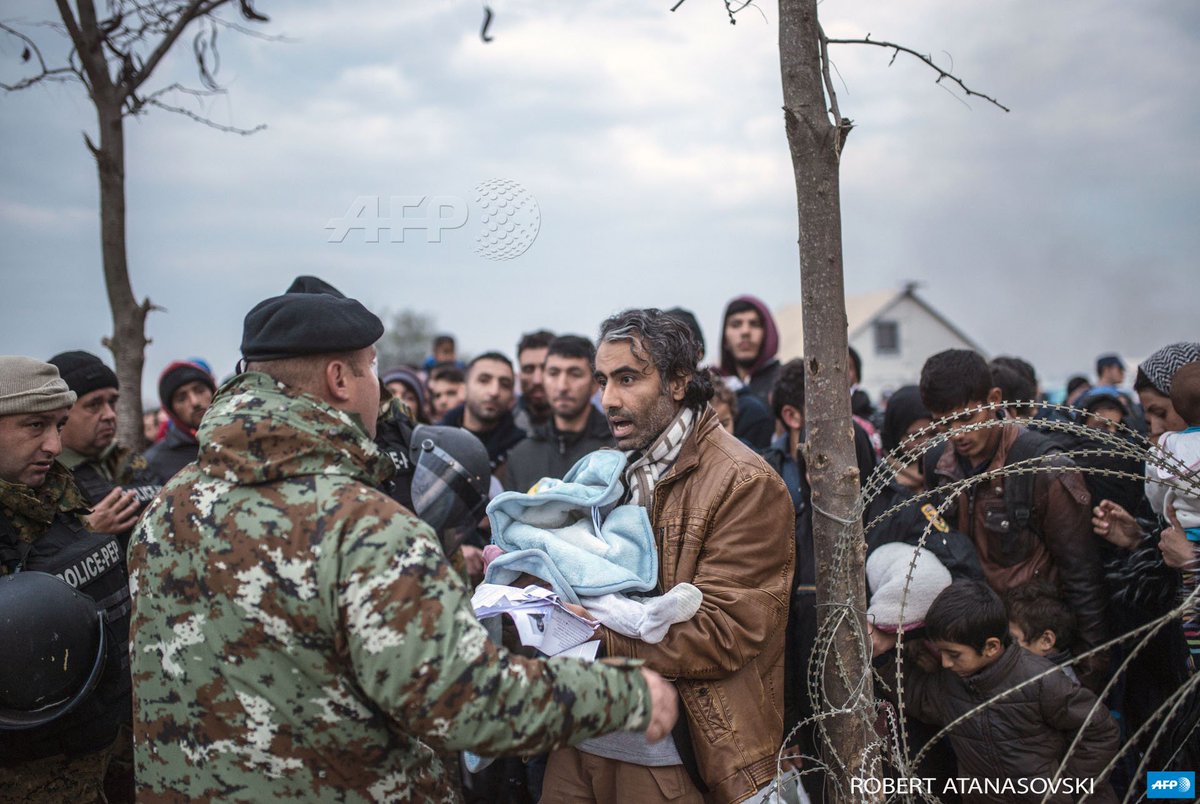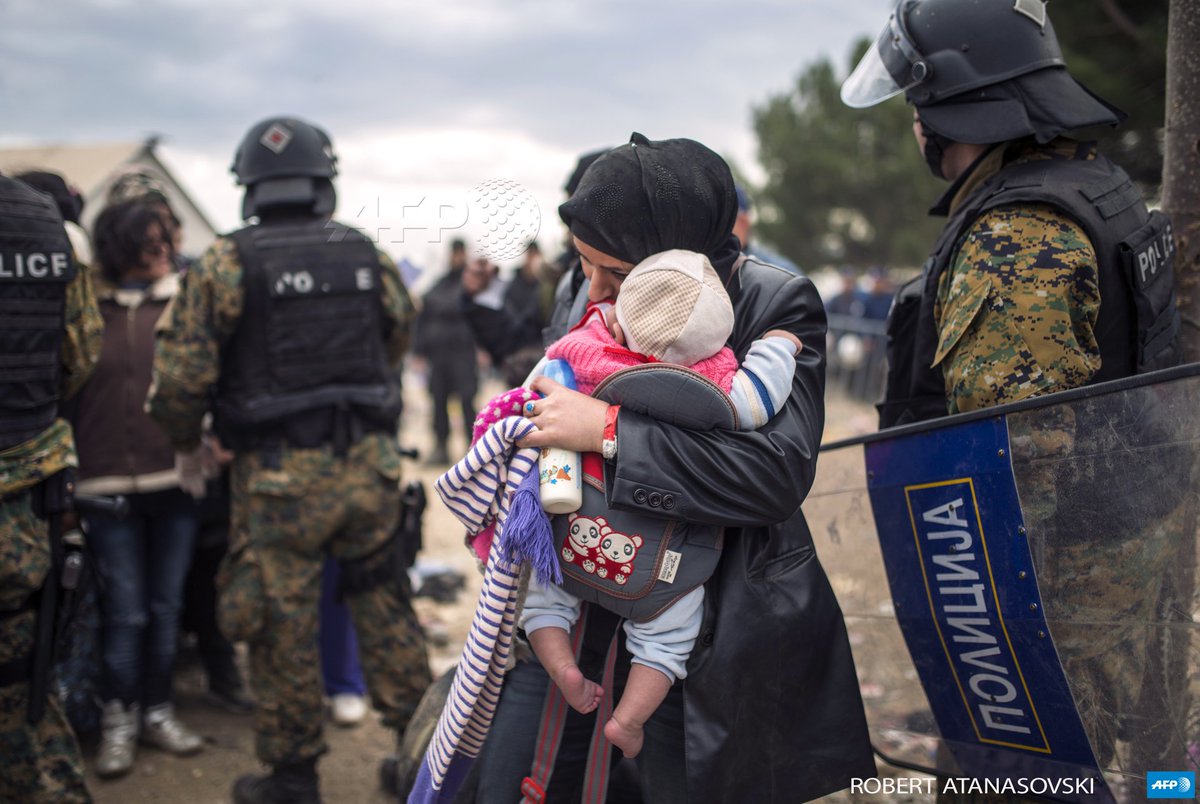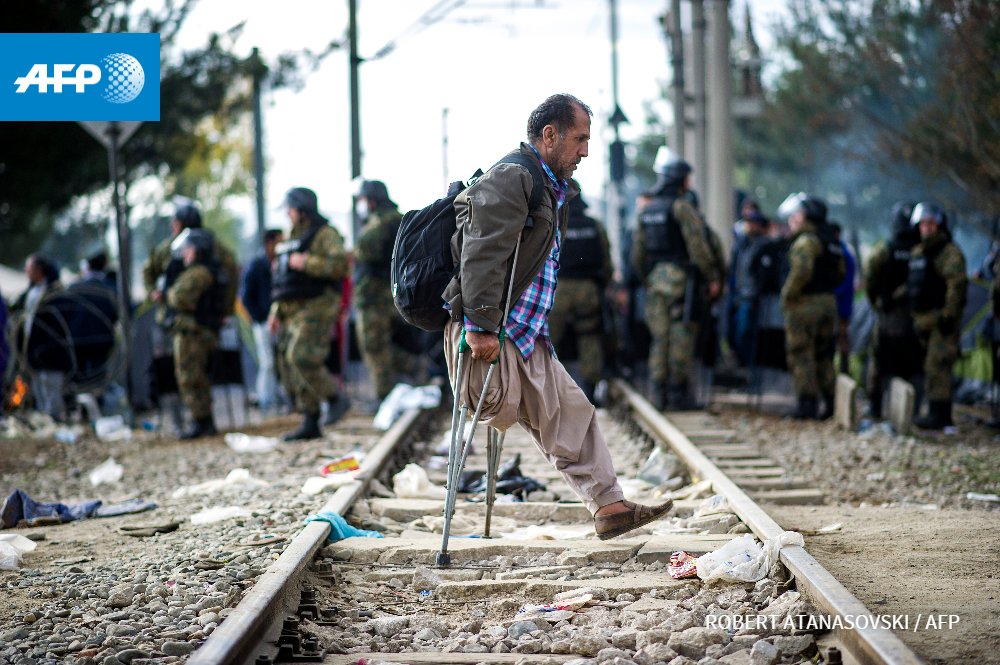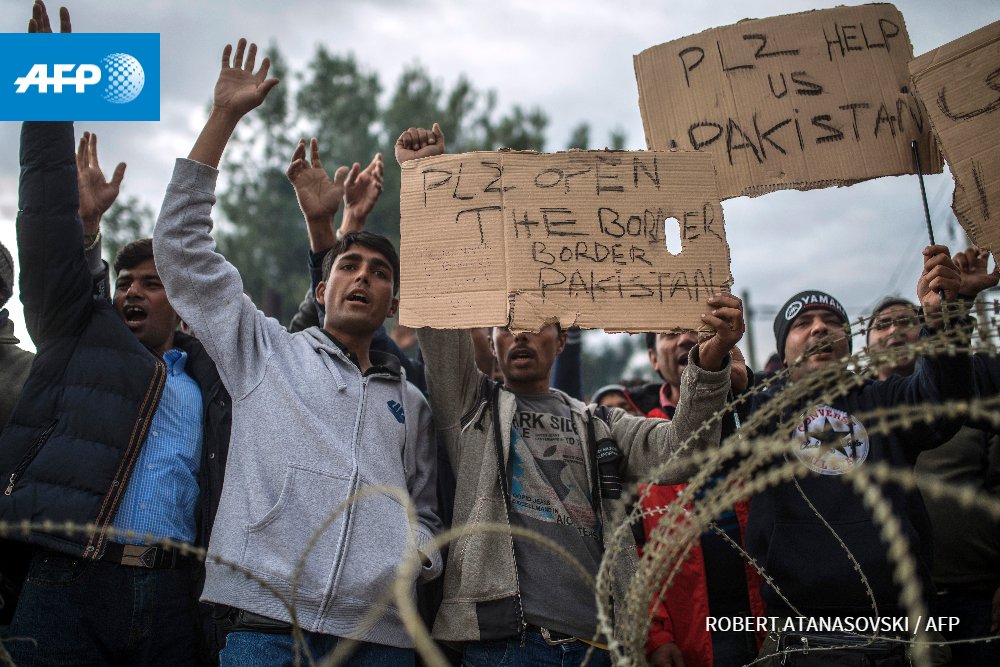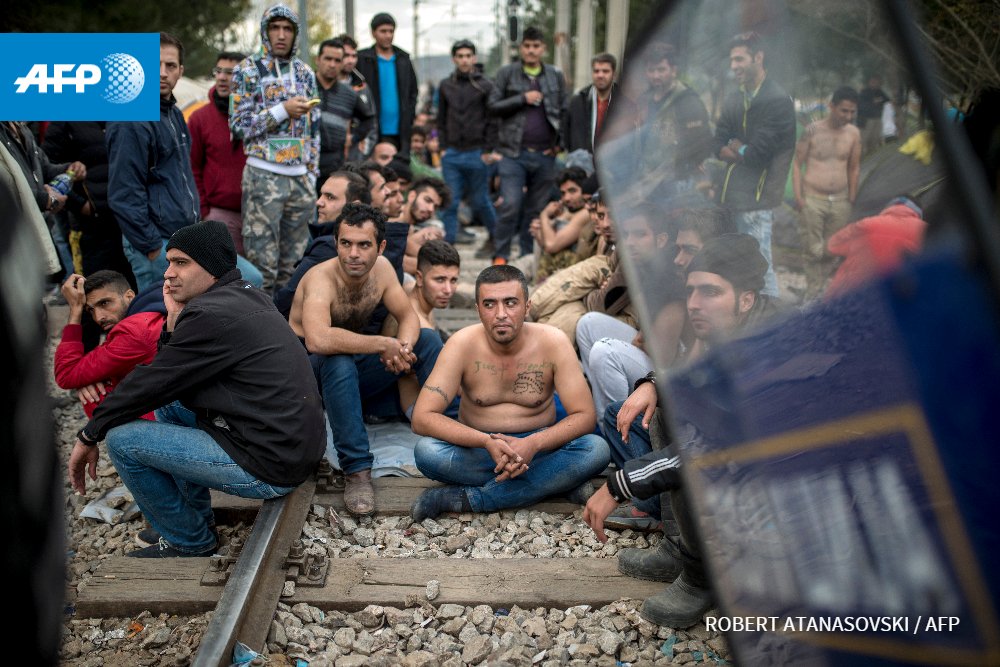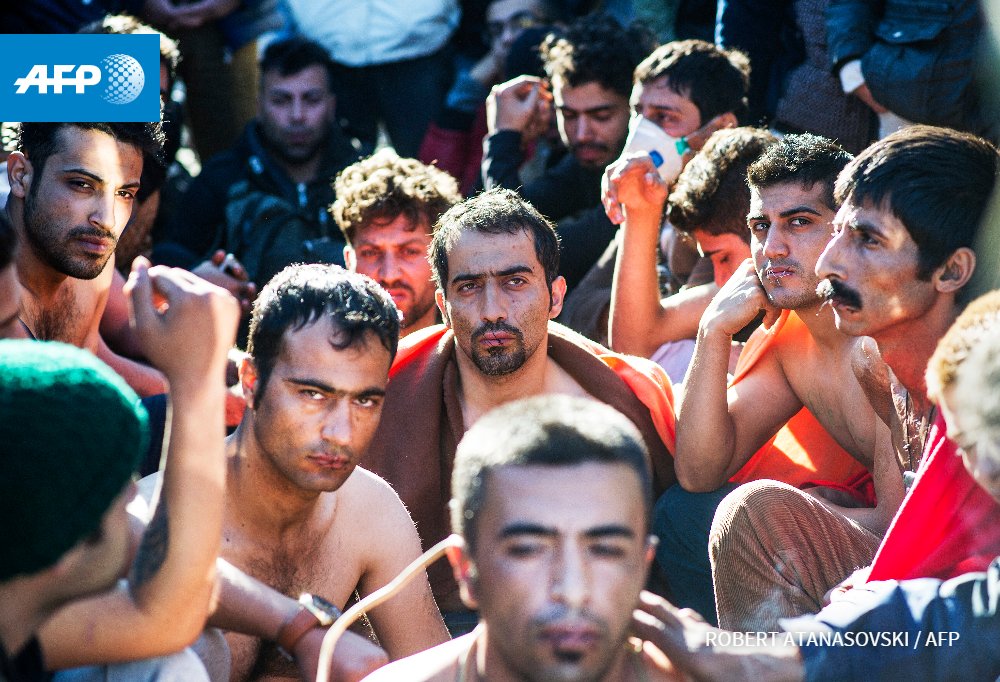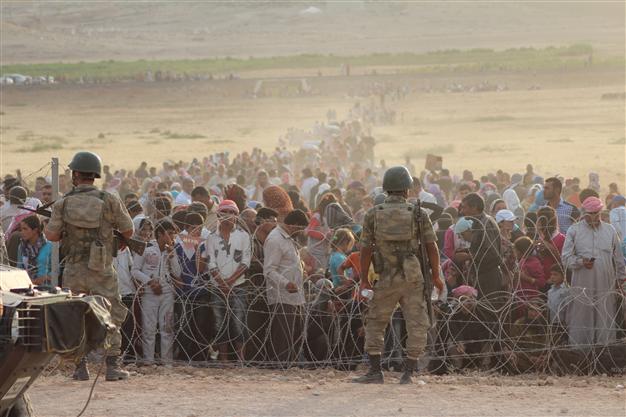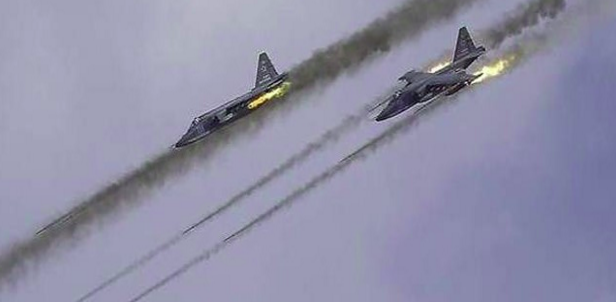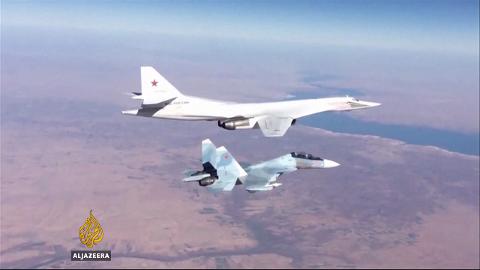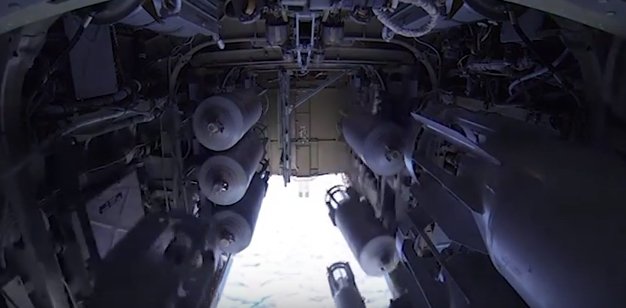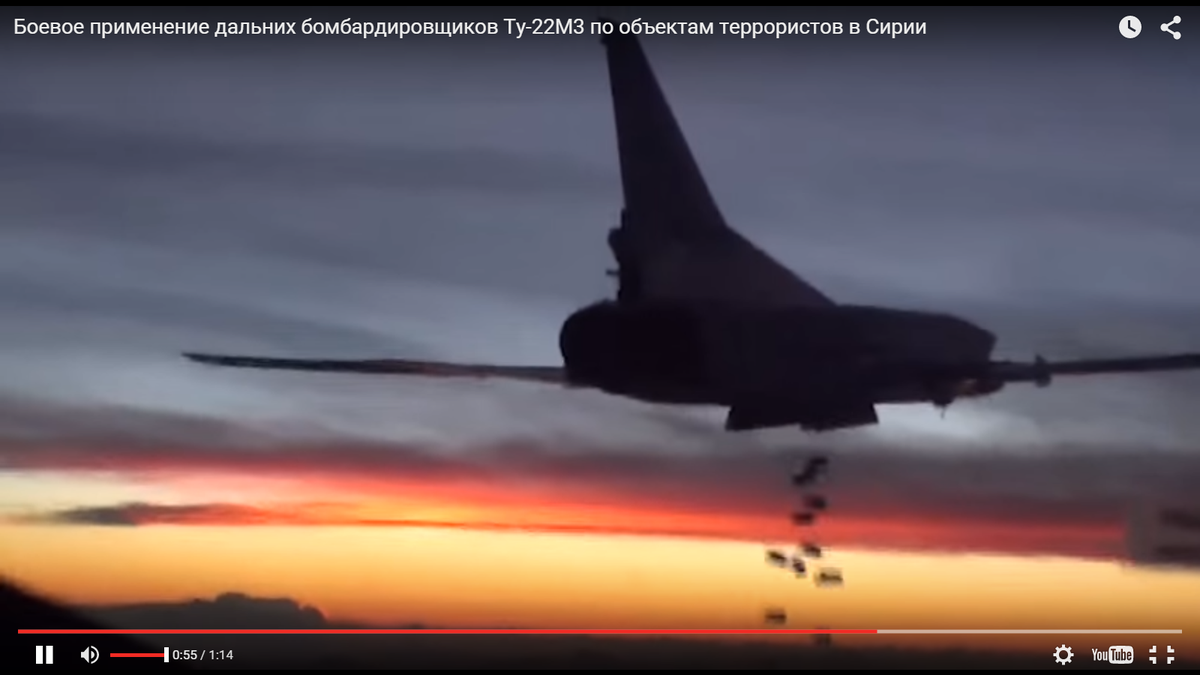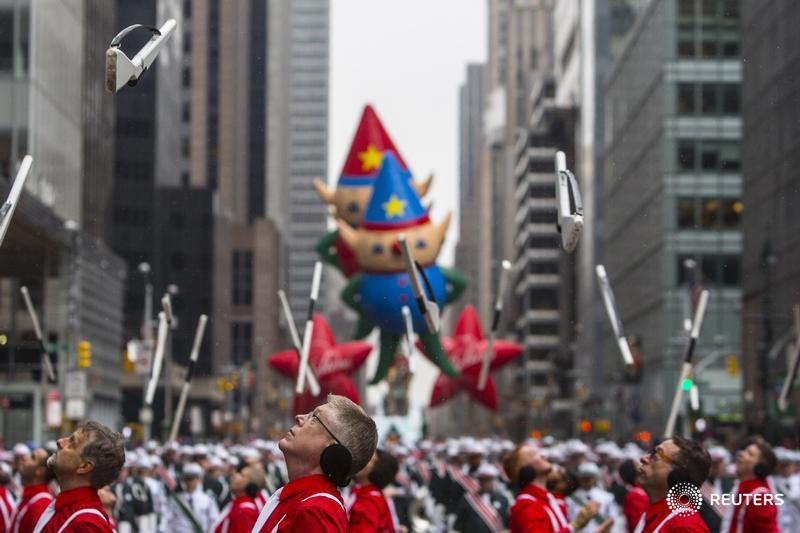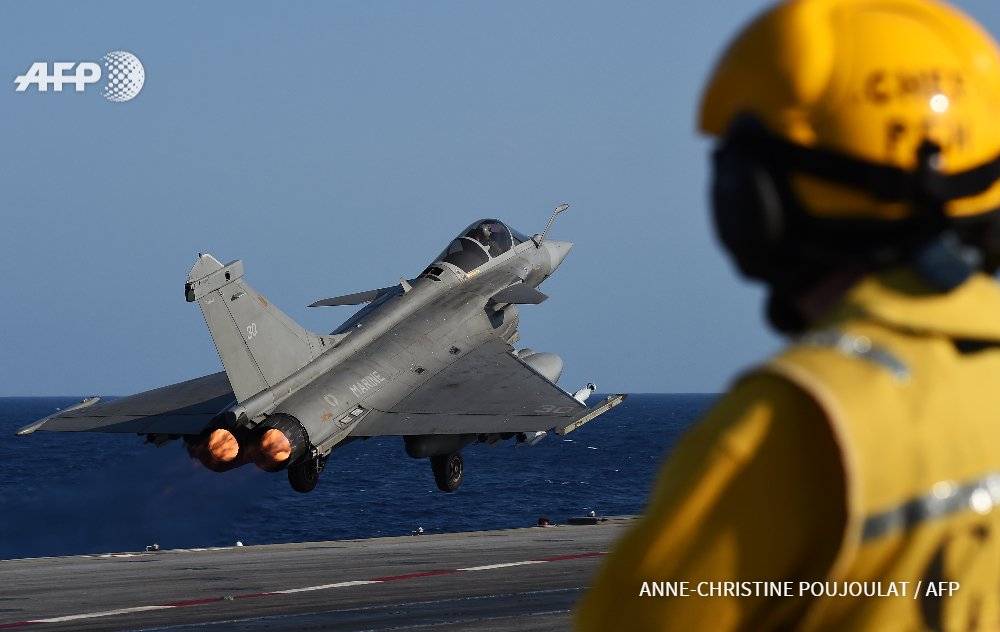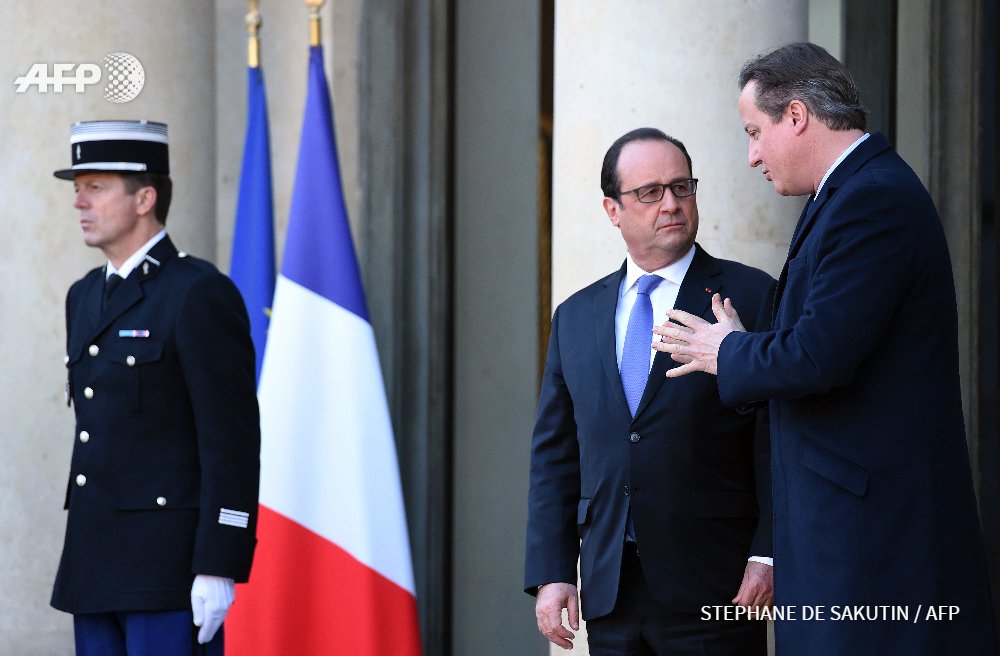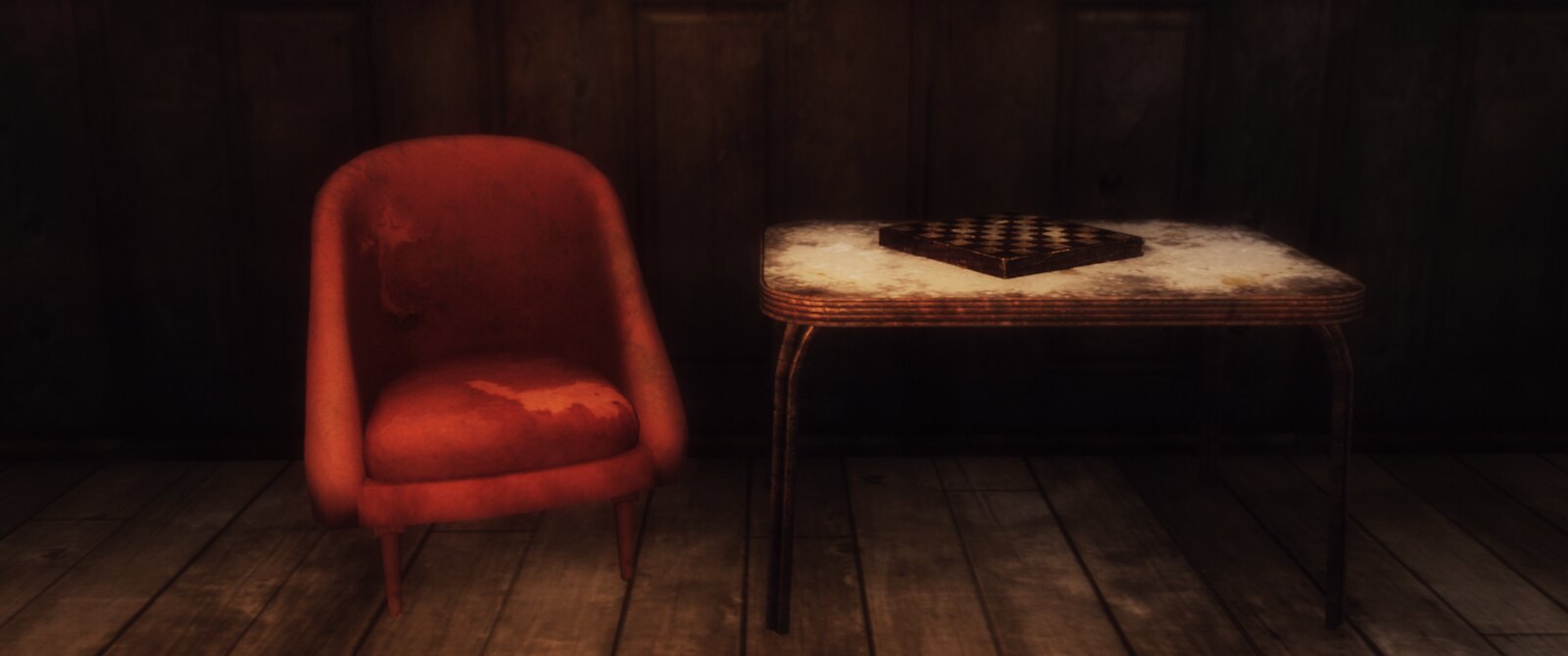
Global Thermonuclear War: photo by Delyth Angharad, 25 July 2013
In
the living room the voice-clock sang, Tick-tock, seven
o'clock, time to get up, time to get up, seven o'clock! as if it were afraid nobody would. The morning house
lay empty. The clock ticked on, repeating and repeating its sounds into the emptiness. Seven-nine,
breakfast time, seven-nine!
In the kitchen the breakfast stove gave a hissing
sigh and ejected from its warm interior eight pieces of perfectly browned toast, eight
eggs sunnyside up, sixteen slices of bacon, two coffees, and two cool glasses of milk.
"Today is August 4, 2026," said a
second voice from the kitchen ceiling, "in the city of Allendale, California."
It repeated the date three times for memory's sake. "Today is Mr. Featherstone's
birthday. Today is the anniversary of Tilita's marriage. Insurance is payable, as are the
water, gas, and light bills."
Somewhere in the walls, relays clicked, memory
tapes glided under electric eyes.
Operation Plumbbob Shot Diablo Ionization Glow. 15 kilotons, 15 July 1957, Nye, Nevada. Damaged photo restored in photoshop: photo by Kelly Michals, 15 July 1957
Eight-one,
tick-tock, eight-one o'clock, off to school, off to work, run, run, eight-one! But no doors slammed, no carpets took the soft tread of
rubber heels. It was raining outside. The weather box on the front door sang quietly:
"Rain, rain, go away; rubbers, raincoats for today..."
And the rain tapped on
the empty house, echoing.

Corely Services, M6 North. This is indeed thermonuclear: photo by Nik Stanbridge, 2 October 2008
Outside, the garage chimed and lifted its door to
reveal the waiting car. After a long wait the door swung down again.
At eight-thirty the eggs were shriveled and the
toast was like stone. An aluminum wedge scraped them down a metal throat which digested
and flushed them away to the distant sea. The dirty dishes were dropped into a hot washer
and emerged twinkling dry.
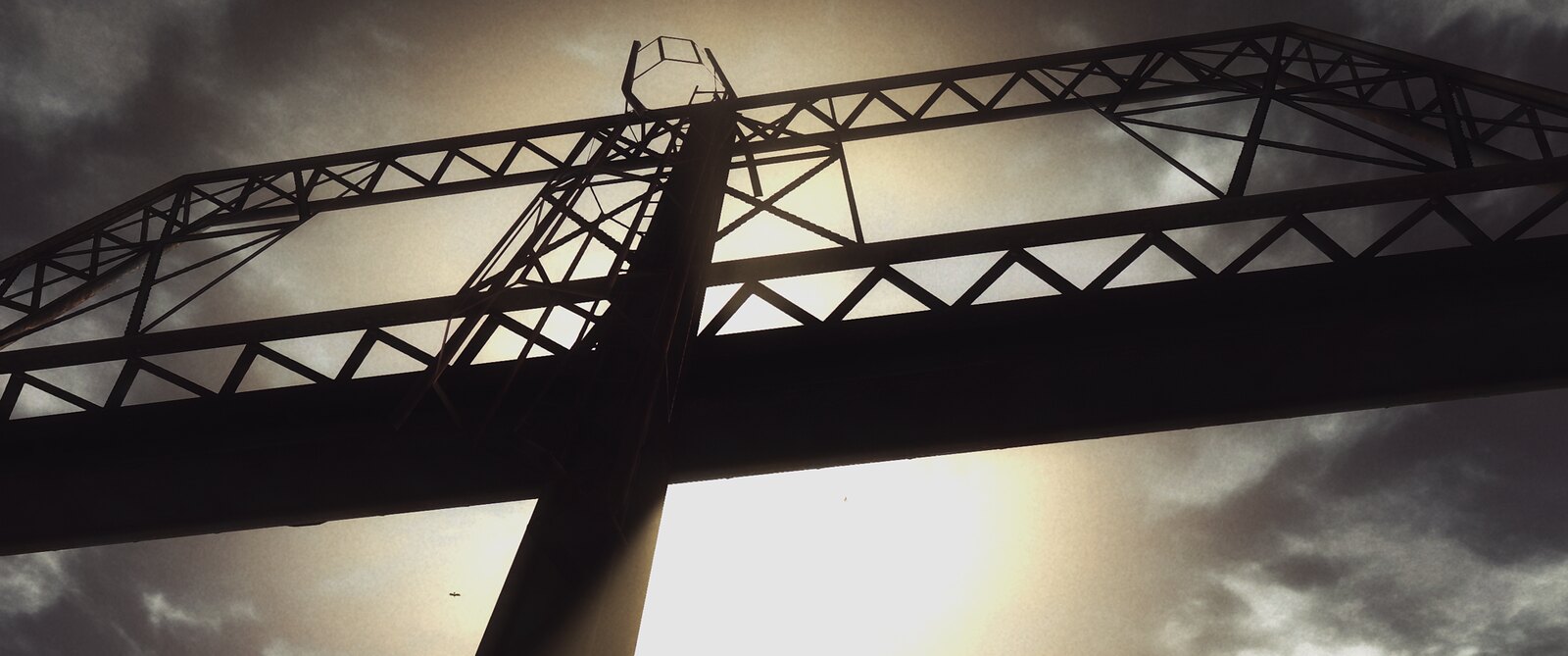
Waiting for News: photo by Delyth Angharad, 7 August 2013
Ten o'clock. The sun came out from behind the
rain. The house stood alone in a city of rubble and ashes. This was the one house left
standing. At night the ruined city gave off a radioactive glow which could be seen for
miles.
Ten-fifteen. The garden sprinklers whirled up in
golden founts, filling the soft morning air with scatterings of brightness. The water
pelted windowpanes, running down the charred west side where the house had been burned
evenly free of its white paint. The entire west face of the house was black, save for five
places. Here the silhouette in paint of a man mowing a lawn. Here, as in a photograph, a
woman bent to pick flowers. Still farther over, their images burned on wood in one
titanic instant, a small boy, hands flung into the air; higher up, the image of thrown
ball, and opposite him a girl, hand raised to catch a ball which never came down. The
five spots of paint -- the man, the woman, the children, the ball -- remained. The rest was a
thin charcoaled layer. The gentle sprinkler rain filled the garden with falling light.
Until this day, how well the house had kept its peace.
How carefully it had inquired, 'Who goes there? What's the password?" and, getting no
answer from the lonely foxes and whining cats, it had shut up its windows and drawn shades
in an old-maidenly preoccupation with self-protection which bordered on a mechanical
paranoia.
It quivered at each sound, the house did. If a
sparrow brushed a window, the shade snapped up. The bird, startled, flew off! No, not even
a bird must touch the house!
The house was an altar with ten thousand
attendants, big, small, servicing, attending, in choirs. But the gods had gone away, and
the ritual of the religion continued senselessly, uselessly.

Hughes Aircraft Company advertisement for Communications Satellites: Time, 4 October 1963 (Gallery of Graphic Design)
Twelve noon.
A dog whined, shivering, on the front porch.
A dog whined, shivering, on the front porch.
The front door recognized the dog voice and
opened. The dog, once large and fleshy, but now gone to bone and covered with sores, moved
in and through the house, tracking mud. Behind it whirred angry mice, angry at having to
pick up mud, angry at inconvenience.
For not a leaf fragment blew under the door but
what the wall panels flipped open and the copper scrap rats flashed swiftly out. The
offending dust, hair, or paper, seized in miniature steel jaws, was raced back to the
burrows. There, down tubes which fed into the cellar, it was dropped like evil Baal in a
dark corner.
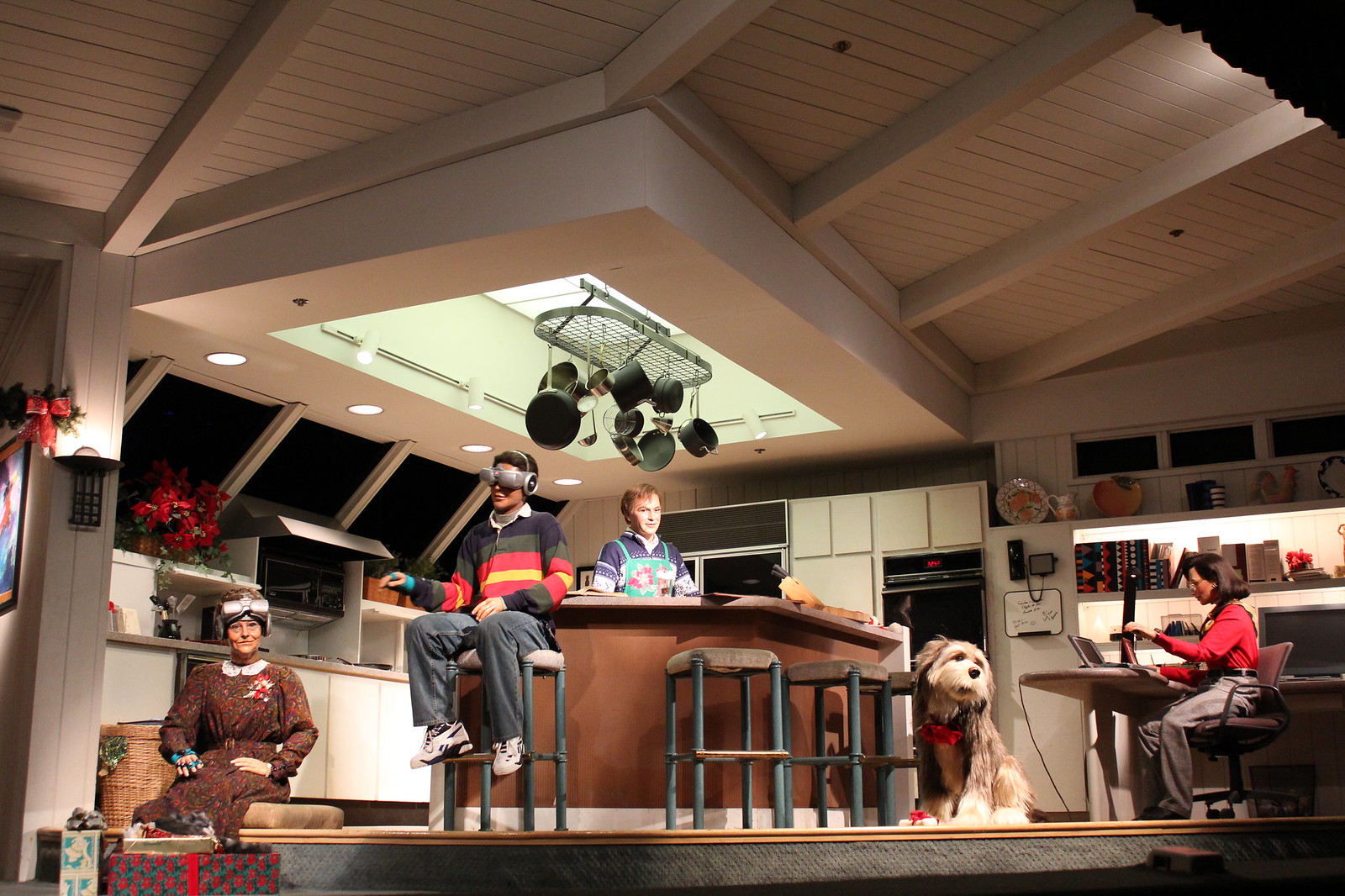
[Christmas morning, Kitchen of the Future]: photo by princesskoko, 27 September 2012
Two-fifteen.
The dog was gone.
In the cellar, the incinerator glowed suddenly
and a whirl of sparks leaped up the chimney.The dog was gone.
Chance Vought Aircraft advertisement for Regulus II Nuclear Missiles: Time, 5 May 1958 (Gallery of Graphic Design)
Two thirty-five.
Bridge tables sprouted from patio walls. Playing cards fluttered onto pads in a shower of pips. Martinis manifested on an oaken bench with egg salad sandwiches. Music played.
Bridge tables sprouted from patio walls. Playing cards fluttered onto pads in a shower of pips. Martinis manifested on an oaken bench with egg salad sandwiches. Music played.
But the tables were silent and the cards untouched.
At four o'clock the tables folded like great butterflies back through the paneled walls.

Boeing Aircraft Company advertisement for Dyna-Soar Space Glider: Time, 17 November 1961 (Gallery of Graphic Design)
Four-thirty.
The nursery walls glowed.
The nursery walls glowed.
Animals took shape: yellow giraffes, blue lions,
pink antelopes, lilac panthers cavorting in crystal substance. The walls were glass. They
looked out upon color and fantasy. Hidden films clocked though the well-oiled sprockets,
and the walls lived. The nursery floor was woven to resemble a crisp cereal meadow. Over
this ran aluminum roaches and iron crickets, and in the hot still air butterflies of
delicate red tissue wavered among the sharp aroma of animal spoors! There was the sound
like a great matted yellow hive of bees within a dark bellows, the lazy bumble of a
purring lion. And there was the patter of okapi feet and the murmur of a fresh jungle
rain, like other hoofs falling upon the summer-starched grass. Now the walls dissolved
into distances of parched weed, mile on mile, and warm endless sky. The animals drew away
into thorn brakes and water holes.
It was the
children's hour.
Five o'clock. The bath filled with clear hot water.
Nine o'clock. The beds warmed their hidden circuits,
for nights were cool here.
Nine-five. A voice spoke from the study
ceiling: "Mrs. McClellan,
which poem would you like this evening?"
The house was silent.
The voice said at last, "Since you express
no preference, I shall select a poem at random." Quiet music rose to back the voice.
"Sara Teasdale. As I recall, your favorite...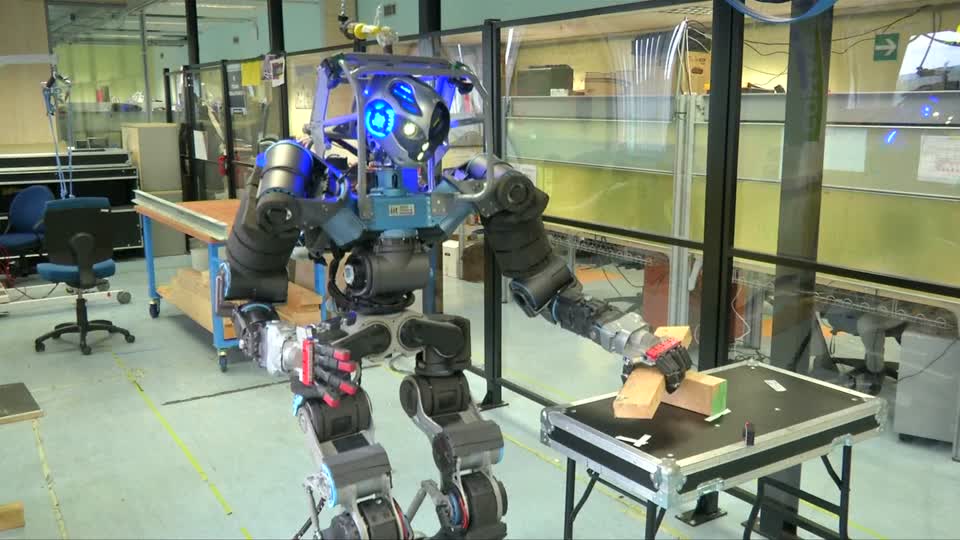
Meet Walk-Man, the humanoid robot designed to fit into a human-shaped
world: image via Reuters Top News @Reuters, 27 November 2015
"There will come soft rains and the smell of the ground,
And
swallows circling with their shimmering sound;
And frogs in the pools singing at night,
And wild plum trees in tremulous white;
Robins will wear their feathery fire,
Whistling their whims on a low fence-wire;
And not one will know of the war, not one
Will care at last when it is done.
Not one would mind, neither bird nor tree,
If mankind perished utterly;
And Spring herself,
when she woke at dawn
Would scarcely know that we were gone."
The “Hello Kitty” balloon proceeds high above spectators along 6th
Ave during the 89th Macy’s Thanksgiving Day Parade in the Manhattan
borough of New York on Thursday: photo by Carlo Allegri/Reuters, 26 November 2015
The fire burned on the stone hearth and the cigar fell
away into a mound of quiet ash on its tray. The empty chairs faced each other between the
silent walls, and the music played.
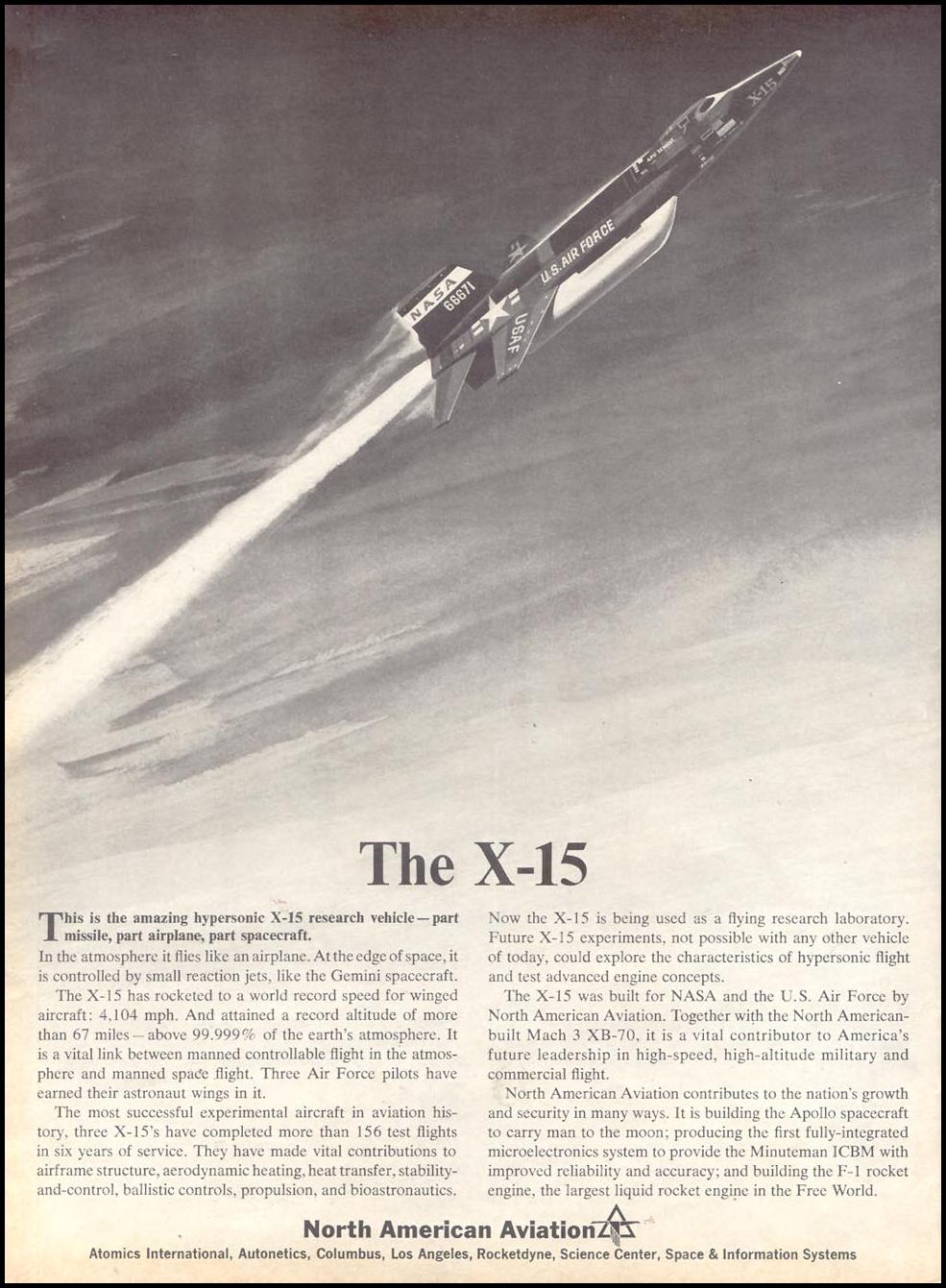
North American Aviation advertisement for X-15 Research Vehicle: Time, 11 March 1966 (Gallery of Graphic Design)
At ten o'clock the house began to die.
The wind blew. A falling tree bough crashed
through the kitchen window. Cleaning solvent, bottled, shattered over the stove. The room
was ablaze in an instant! "Fire!"
screamed a voice. The house lights flashed, water pumps shot water from the ceilings. But
the solvent spread on the linoleum, licking, eating, under the kitchen door, while the
voices took it up in chorus: "Fire, fire, fire!"

General Dynamics Corporation advertisement for nuclear-powered naval vessels: Time, 17 September 1956 (Gallery of Graphic Design)
The house tried to save itself. Doors sprang
tightly shut, but the windows were broken by the heat and the wind blew and sucked upon
the fire.
The house gave ground as the fire in ten billion
angry sparks moved with flaming ease from room to room and then up the stairs. While
scurrying water rats squeaked from the walls, pistoled their water, and ran for
more. And the wall sprays let down showers of mechanical rain.
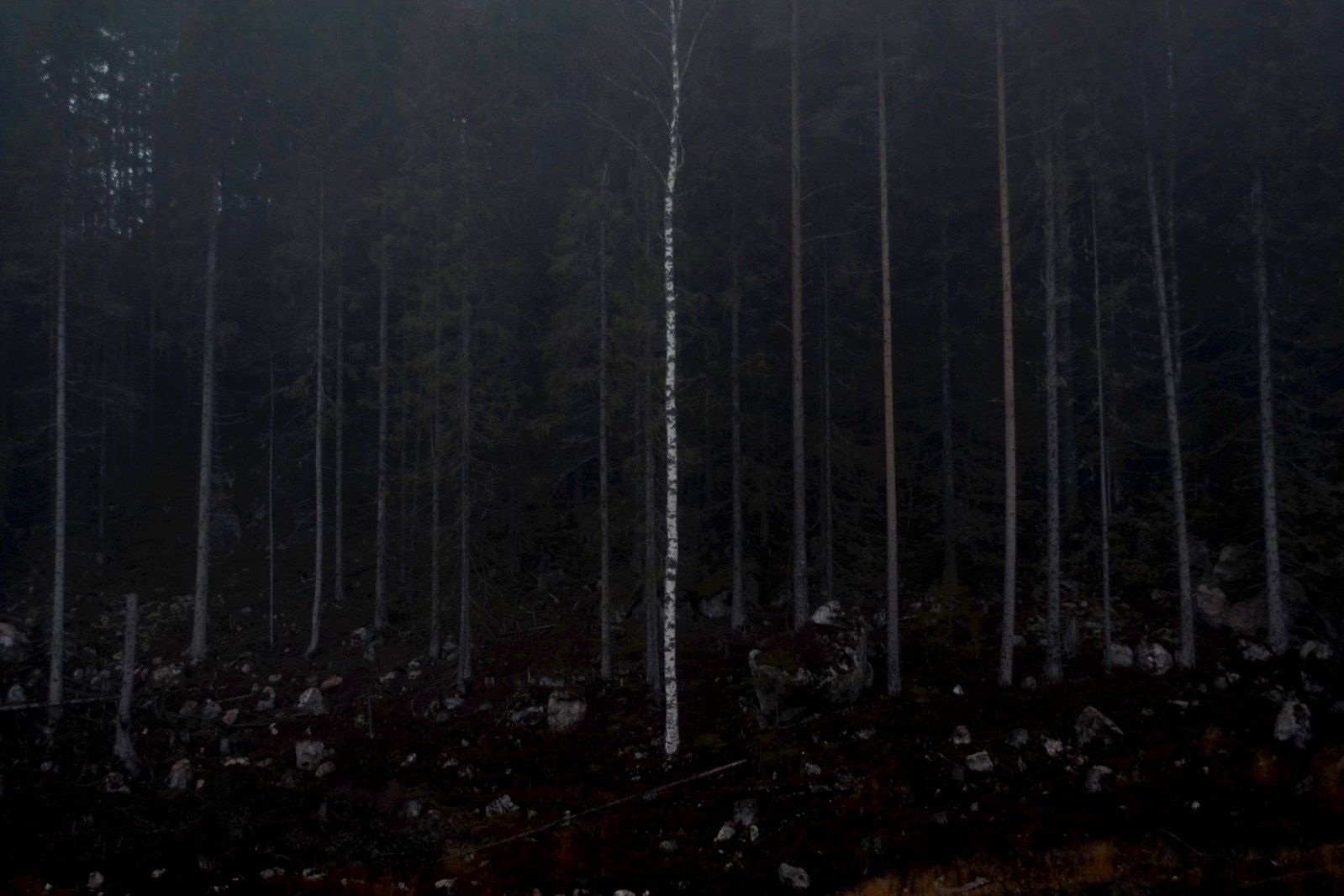
It went so far, it was so bad (that the best thing was that you were not like them): photo by y Coyhand, 15 November 2015
But too late. Somewhere, sighing, a pump shrugged to a
stop. The quenching rain ceased. The reserve water supply which filled the baths and
washed the dishes for many quiet days was gone.
The fire crackled up the stairs. It fed upon
Picassos and Matisses in the upper halls, like delicacies, baking off the oily flesh,
tenderly crisping the canvases into black shavings.

Bombeiro/Bento Rodrigues/Barragem. Accidente Mariana/MG: photo by Portal Emergencia On Line, 7 November 2015
Now the fire lay in beds, stood in windows,
changed the colors of drapes!
And then, reinforcements.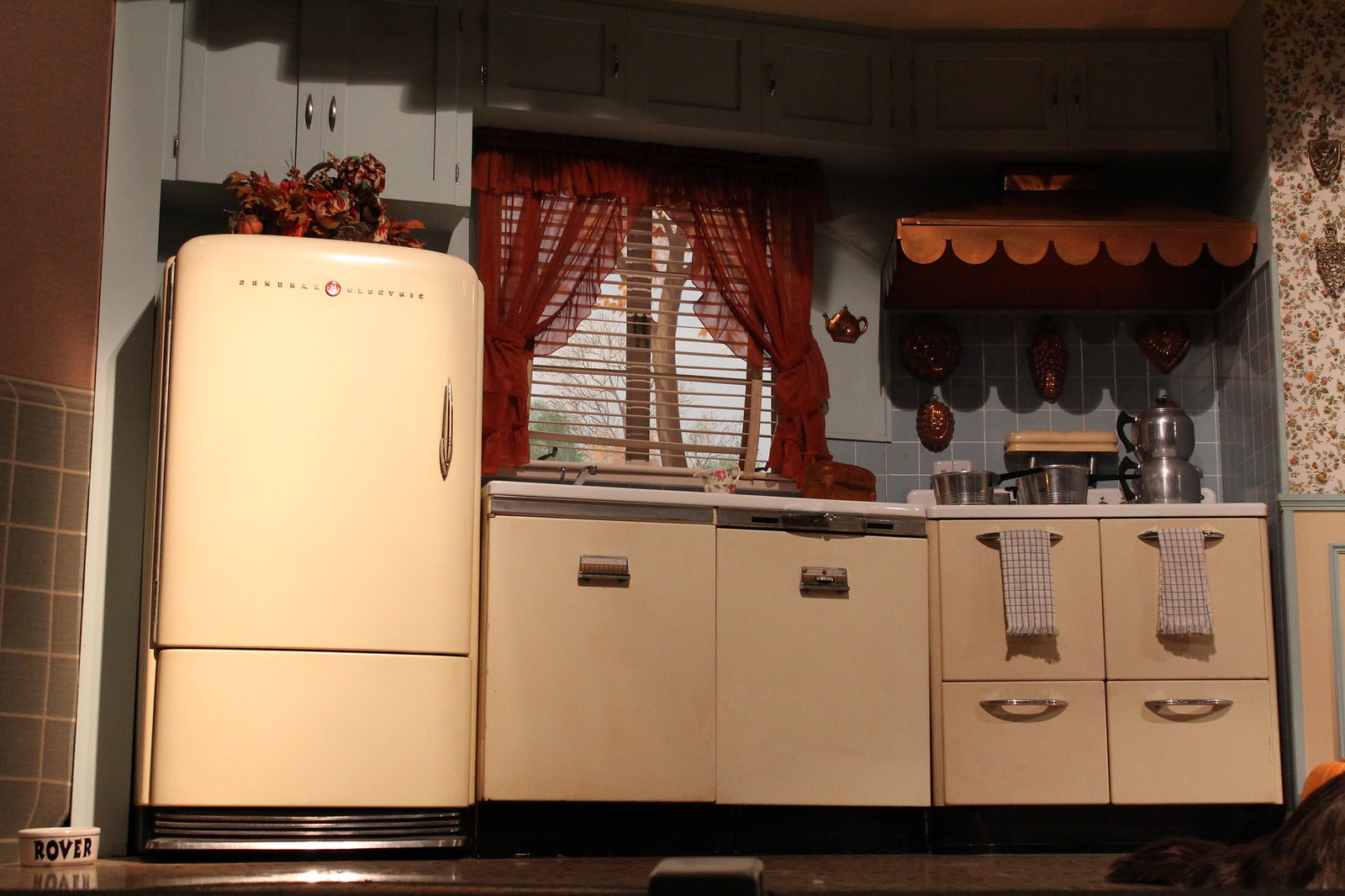
[GE: "Progress Is Our Most Important Product"]: photo by princesskoko, 27 September 2012
From attic trapdoors, blind robot faces peered
down with faucet mouths gushing green chemical.
The fire backed off, as even an elephant must at
the sight of a dead snake. Now there were twenty snakes whipping over the floor, killing
the fire with a clear cold venom of green froth.
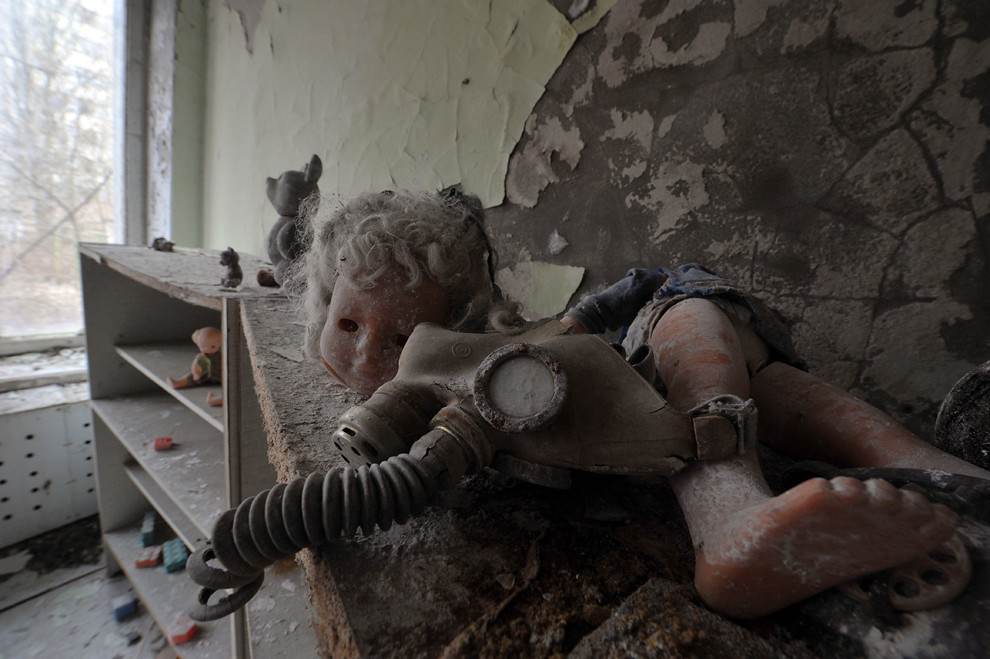
Chernobyl. Toys that were left due to having to quickly exit: photo by tootie2rue, 8 April 2012
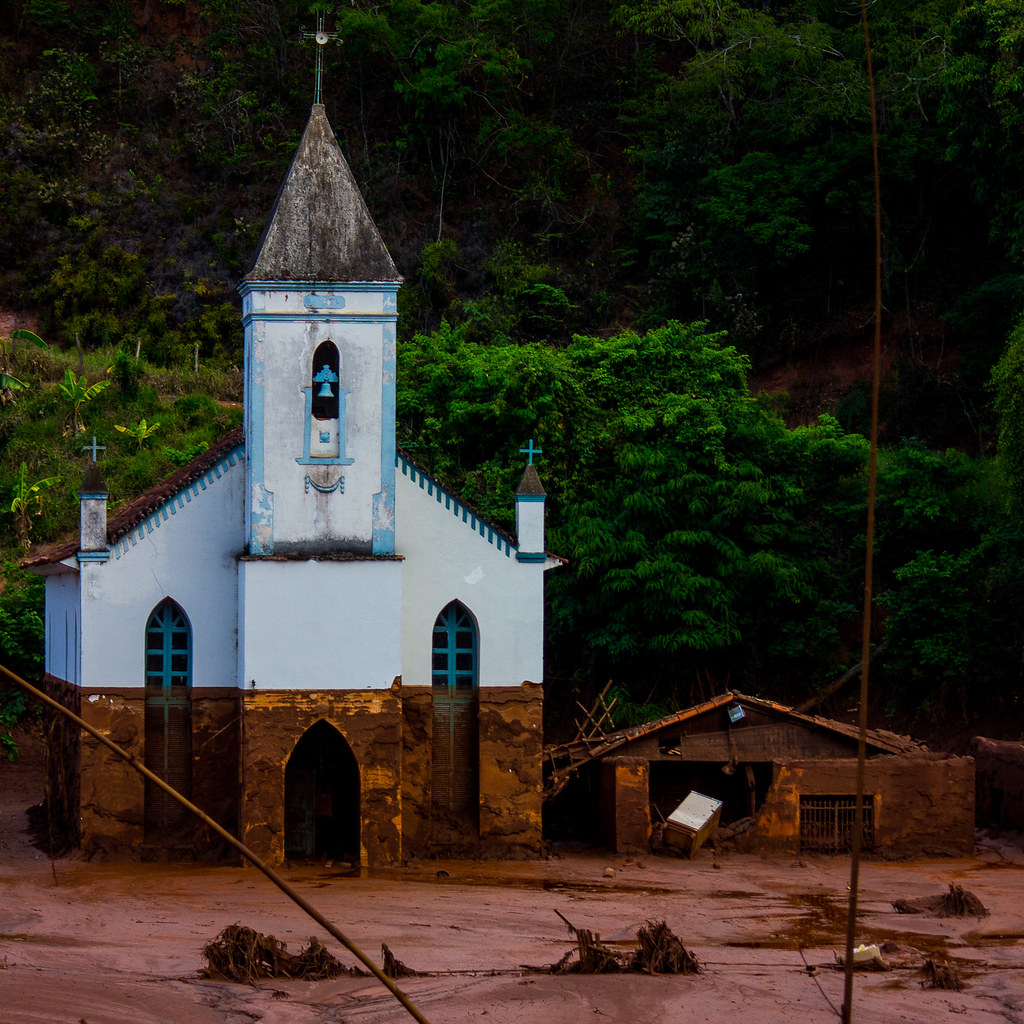
In the rural district of Gesteira, the local church is a symbol of the community. The mud doesn't respect even the sacred temples: photo by Cai Santo, 7 November 2015



Tham Piu cave, on the outskirts of Muang Khoun. Laos. Here, on 24 November 1968, a US strike killed 374 civilians who were sheltering in the cave in order to find refuge from the American bombardments: photo by Matilde Gattoni/Tandem Reportage via The Observer, 31 January 2015
Ray Bradbury (1920-2012): There Will Come Soft Rains, first published in Collier's, 6 May 1950; included in The Martian Chronicles, 1950

Three million tons of ordnance was dropped on Laos over a nine-year period. Craters such as these in Xieng Khouang province scar the landscape in many areas: photo by Sean Sutton/MAG via The Guardian, 2 December 2008

Kampuang Dalaseng lies on the ground demonstrating how he would hide from the bombs during the Secret War in Laos. ‘I hate Americans to this date. They bombed, burned and destroyed everything. If their president was here, I would slap him in the face.’ A former professor of French, 84-year-old Kampuang lived under the American bombardments for five years: photo by Matilde Gattoni/Tandem Reportage via The Observer, 31 January 2015
But the fire was clever. It had sent flames
outside the house, up through the attic to the pumps there. An explosion! The attic brain
which directed the pumps was shattered into bronze shrapnel on the beams.
The fire rushed back into every closet and felt
of the clothes that hung there.

In the rural district of Gesteira, the local church is a symbol of the community. The mud doesn't respect even the sacred temples: photo by Cai Santo, 7 November 2015
The
house shuddered, oak bone on bone, its bared skeleton cringing from the heat, its wire,
its nerves revealed as if a surgeon had torn the skin off to let the red veins and
capillaries quiver in the scalded air. Help, help! Fire! Run, run! Heat snapped mirrors
like the first brittle winter ice. And the voices wailed, Fire, fire, run, run, like a
tragic nursery rhyme, a dozen voices, high, low, like children dying in a forest, alone,
alone. And the voices fading as the wires popped their sheathings like hot chestnuts. One,
two, three, four, five voices died.

Men try to extinguish a fire at a farm
in Rio Pardo next to Bom Futuro National Forest, in the district of Porto Velho,
Rondonia State, Brazil: photo by Nacho Doce/Reuters, 30 August 2014
In the nursery the jungle burned. Blue lions roared,
purple giraffes bounded off. The panthers ran in circles, changing color, and ten million
animals, running before the fire, vanished off toward a distant steaming river...
Ten more voices died. In the last instant under the fire avalanche, other choruses, oblivious, could be heard announcing the time, playing music, cutting the lawn by remote-control mower, or setting an umbrella frantically out and in the slamming and opening front door, a thousand things happening, like a clock shop when each clock strikes the hour insanely before or after the other, a scene of maniac confusion, yet unity; singing, screaming, a few last cleaning mice darting bravely out to carry the horrid ashes away! And one voice, with sublime disregard for the situation, read poetry aloud all in the fiery study, until all the film spools burned, until all the wires withered and the circuits cracked.
Ten more voices died. In the last instant under the fire avalanche, other choruses, oblivious, could be heard announcing the time, playing music, cutting the lawn by remote-control mower, or setting an umbrella frantically out and in the slamming and opening front door, a thousand things happening, like a clock shop when each clock strikes the hour insanely before or after the other, a scene of maniac confusion, yet unity; singing, screaming, a few last cleaning mice darting bravely out to carry the horrid ashes away! And one voice, with sublime disregard for the situation, read poetry aloud all in the fiery study, until all the film spools burned, until all the wires withered and the circuits cracked.

Cows roam on a deforested plot of the
Amazon rainforest near Rio Pardo, in the district of Porto Velho,
Rondonia State, Brazil: photo by Nacho Doce/Reuters, 3 September 2014
The fire burst the house and let it slam flat down,
puffing out skirts of spark and smoke.
In the kitchen, an instant before the rain of
fire and timber, the stove could be seen making breakfasts at a psychopathic rate, ten
dozen eggs, six loaves of toast, twenty dozen bacon strips, which, eaten by fire, started
the stove working again, hysterically hissing!
The crash. The attic smashing into the kitchen
and parlor. The parlor into cellar, cellar into sub-cellar. Deep freeze, armchair, film
tapes, circuits, beds, and all like skeletons thrown in a cluttered mound deep under.
Smoke and silence. A great quantity of smoke.

Tham Piu cave, on the outskirts of Muang Khoun. Laos. Here, on 24 November 1968, a US strike killed 374 civilians who were sheltering in the cave in order to find refuge from the American bombardments: photo by Matilde Gattoni/Tandem Reportage via The Observer, 31 January 2015
Dawn showed faintly in the east. Among the ruins,
one wall stood alone. Within the wall, a last voice said, over and over again and again,
even as the sun rose to shine upon the heaped rubble and steam:
"Today is August 5, 2026, today is August 5,
2026, today is..."

Three million tons of ordnance was dropped on Laos over a nine-year period. Craters such as these in Xieng Khouang province scar the landscape in many areas: photo by Sean Sutton/MAG via The Guardian, 2 December 2008

Kampuang Dalaseng lies on the ground demonstrating how he would hide from the bombs during the Secret War in Laos. ‘I hate Americans to this date. They bombed, burned and destroyed everything. If their president was here, I would slap him in the face.’ A former professor of French, 84-year-old Kampuang lived under the American bombardments for five years: photo by Matilde Gattoni/Tandem Reportage via The Observer, 31 January 2015
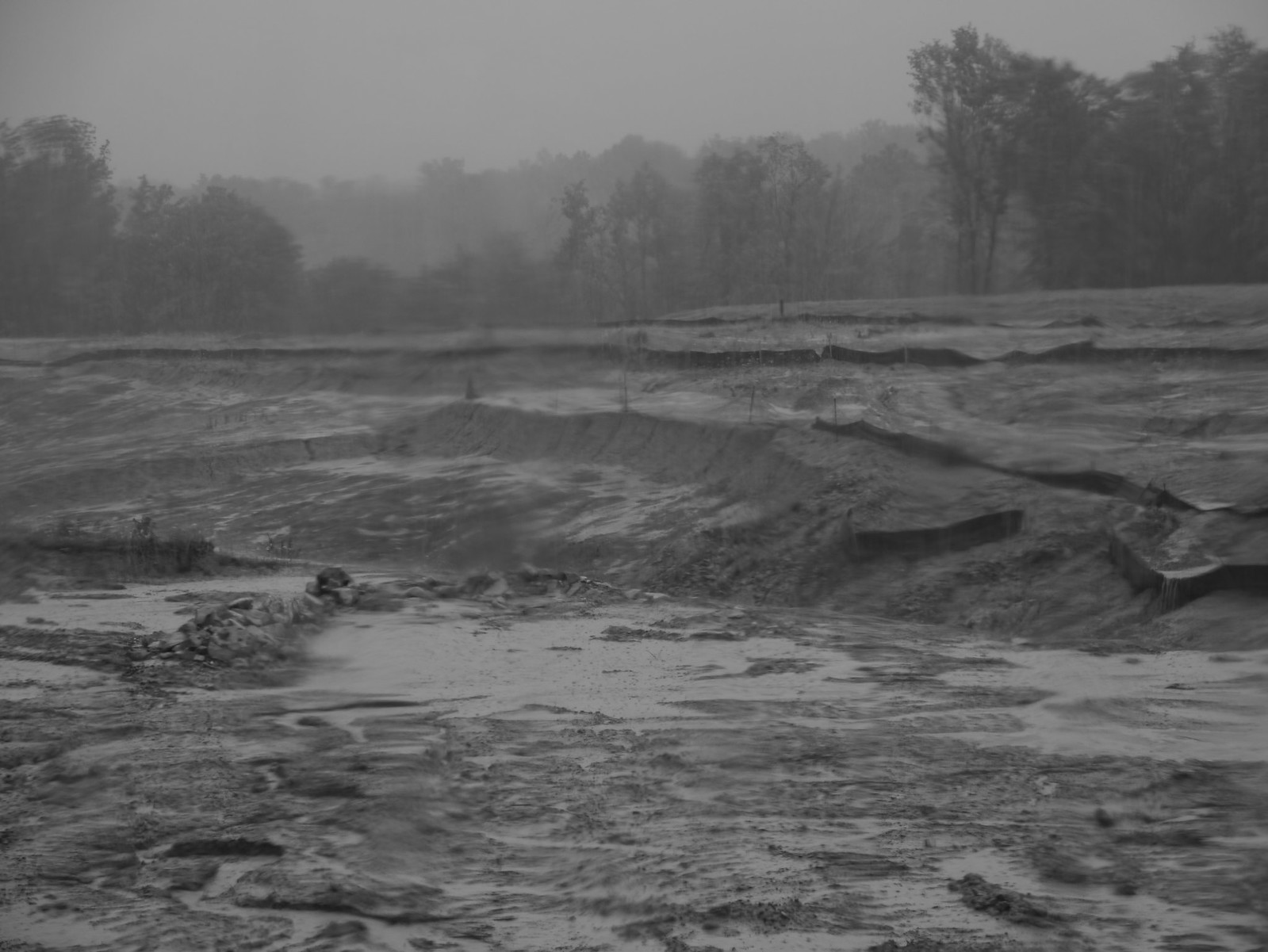
There will come soft rains III... here, where nothing grows. Former Krejci Dump site. Cuyahoga Valley, Ohio.: photo by wood_owl, 10 August 2012
